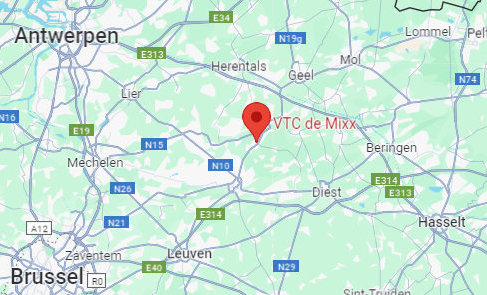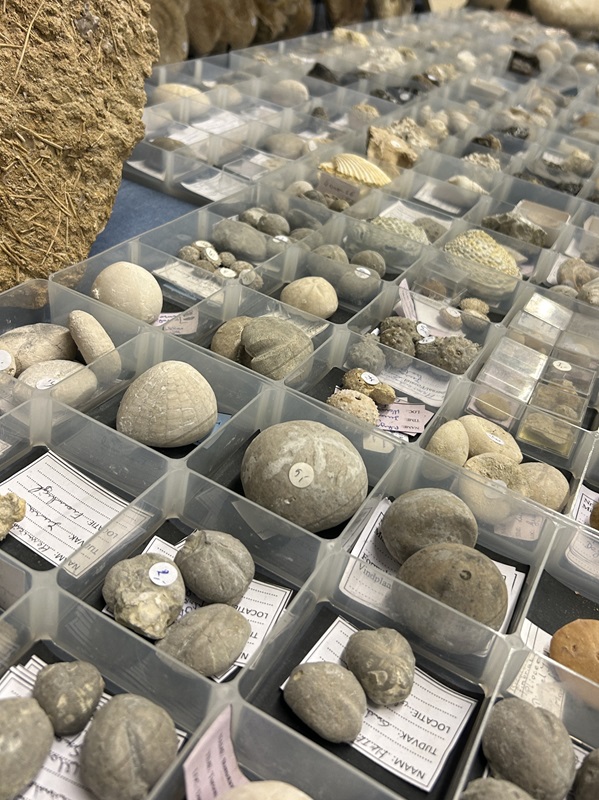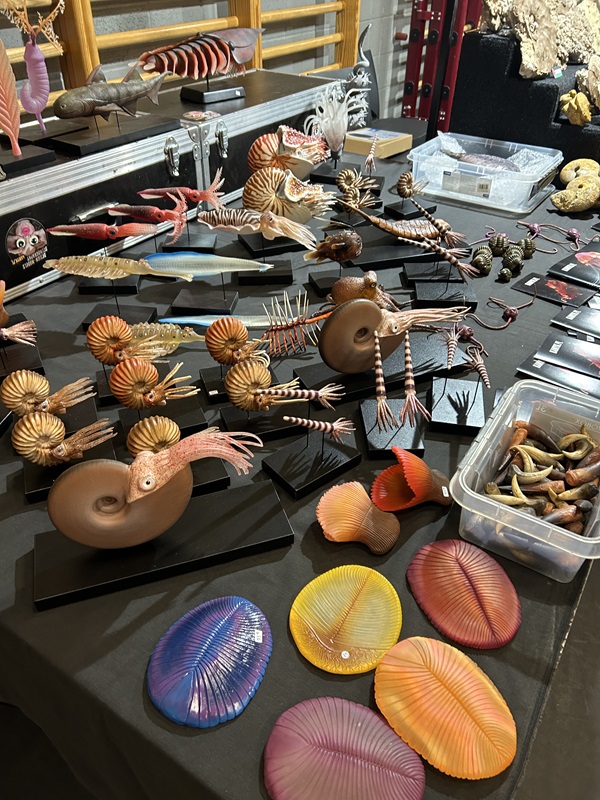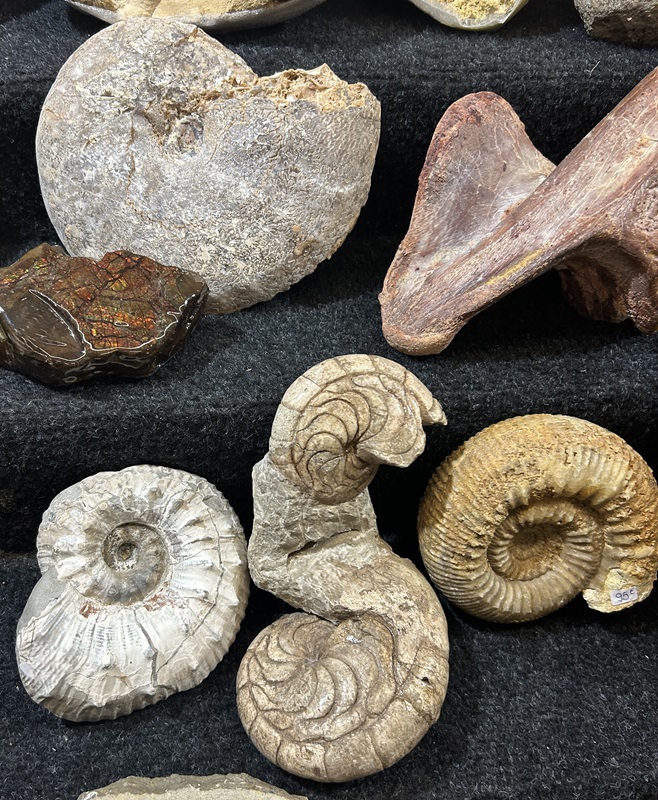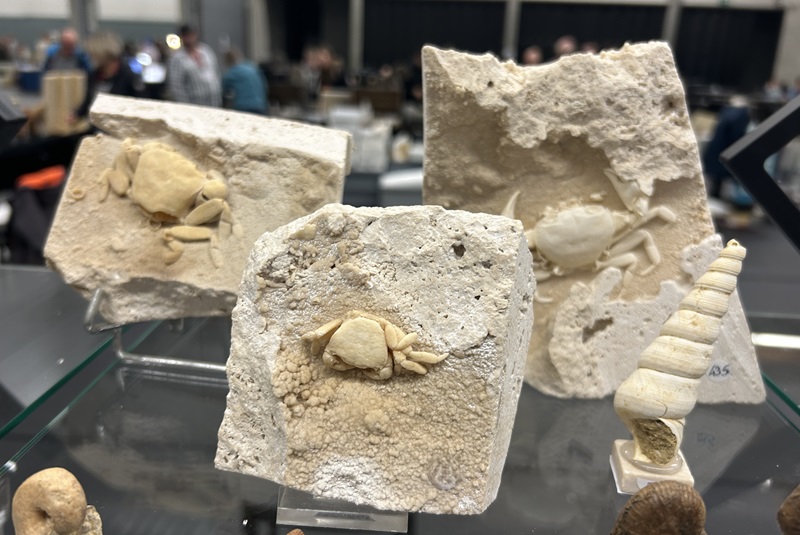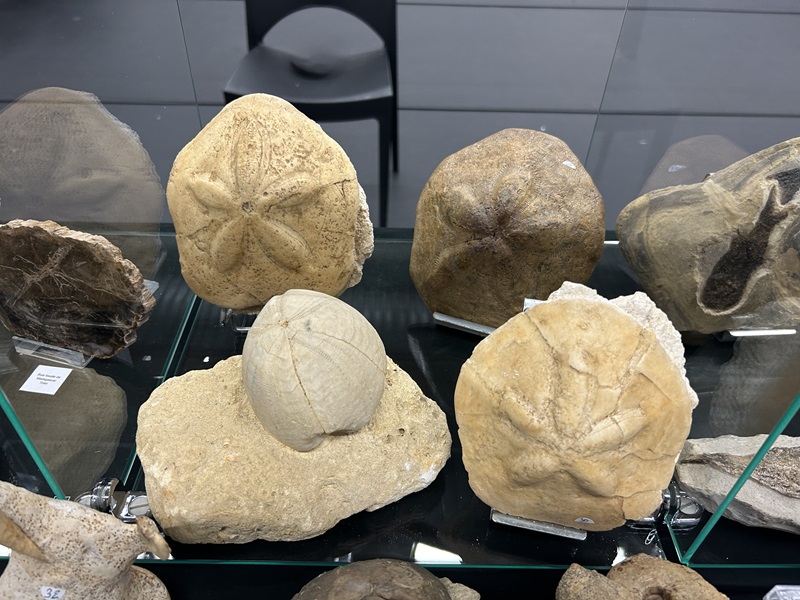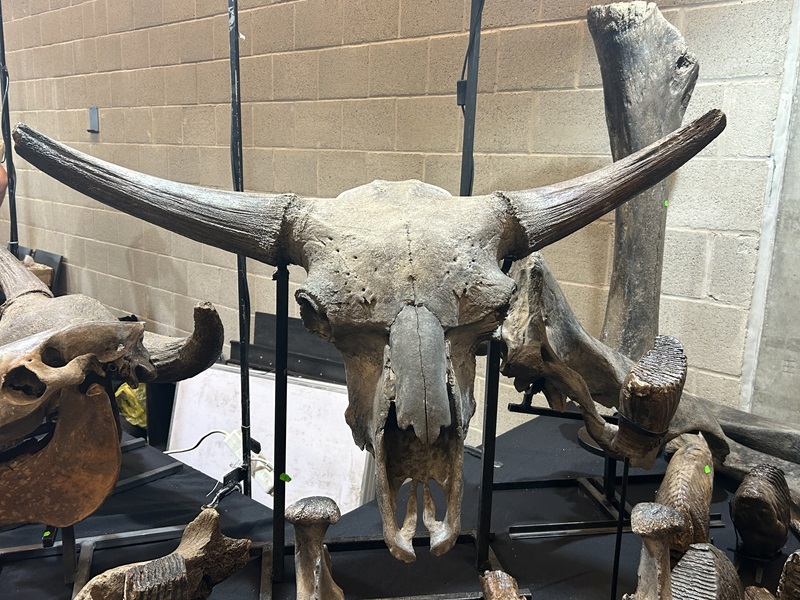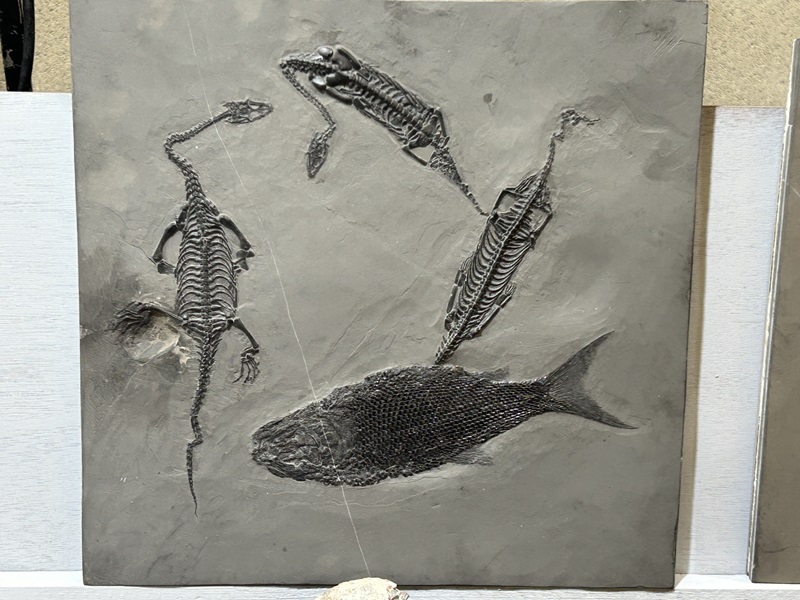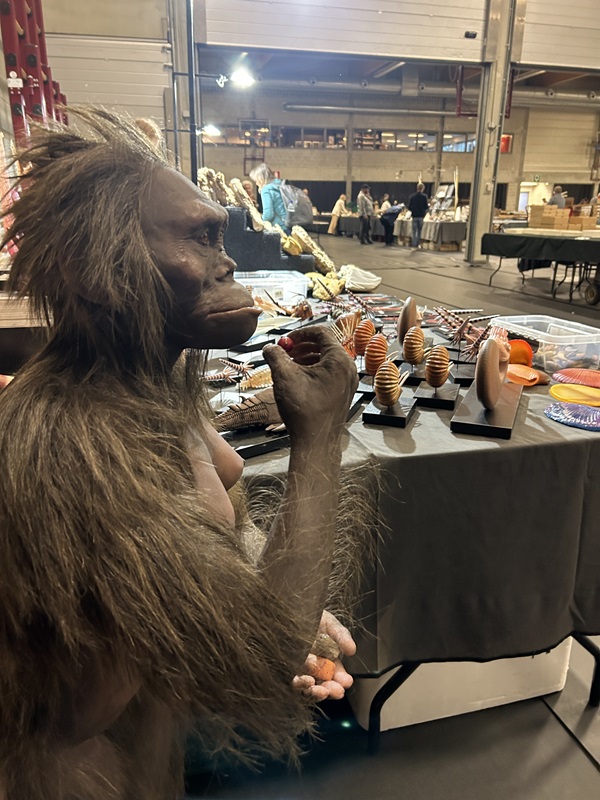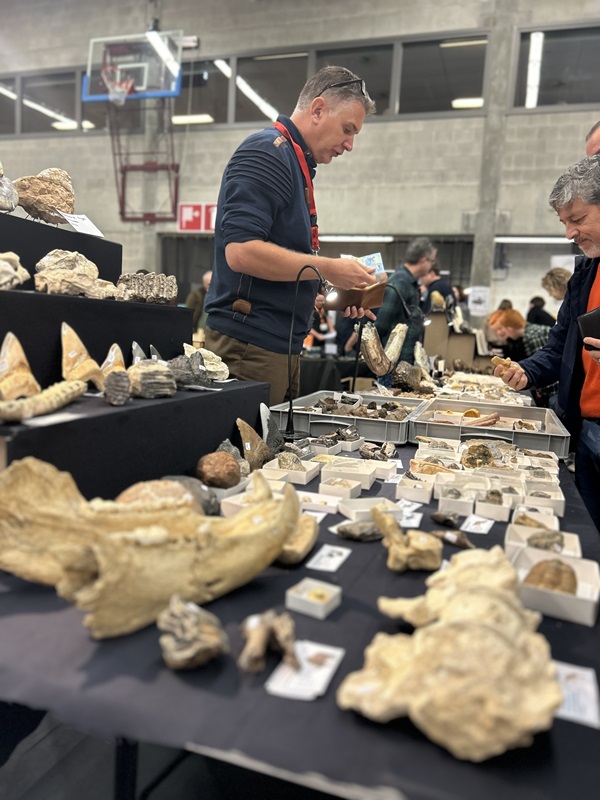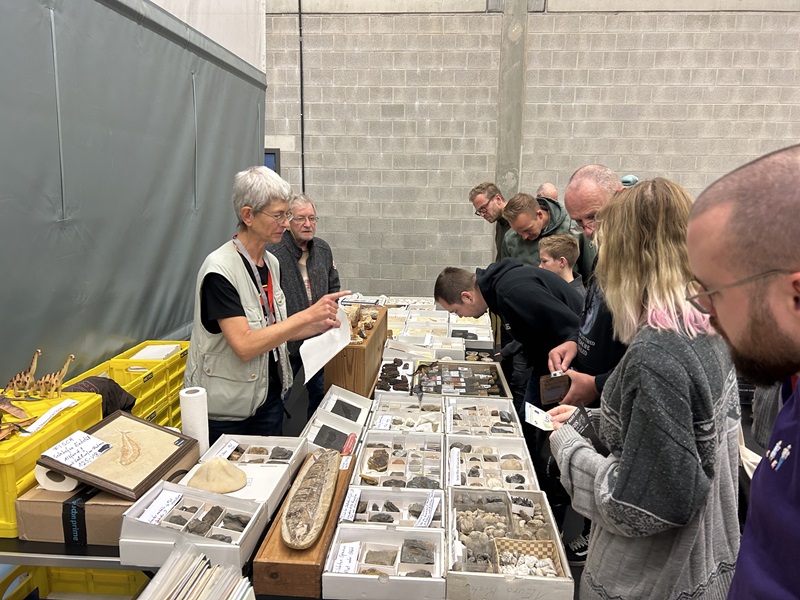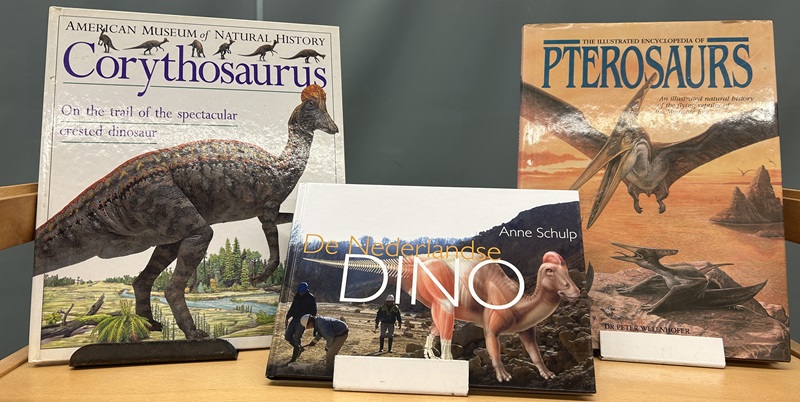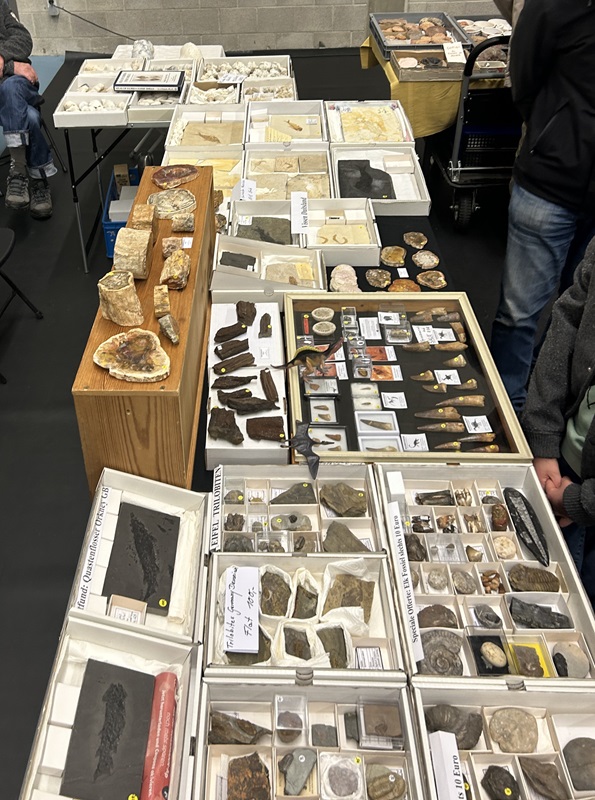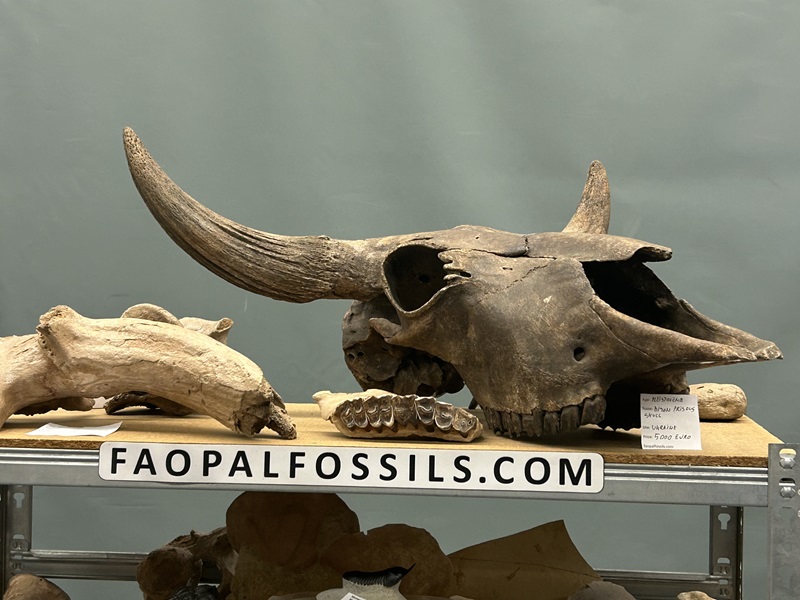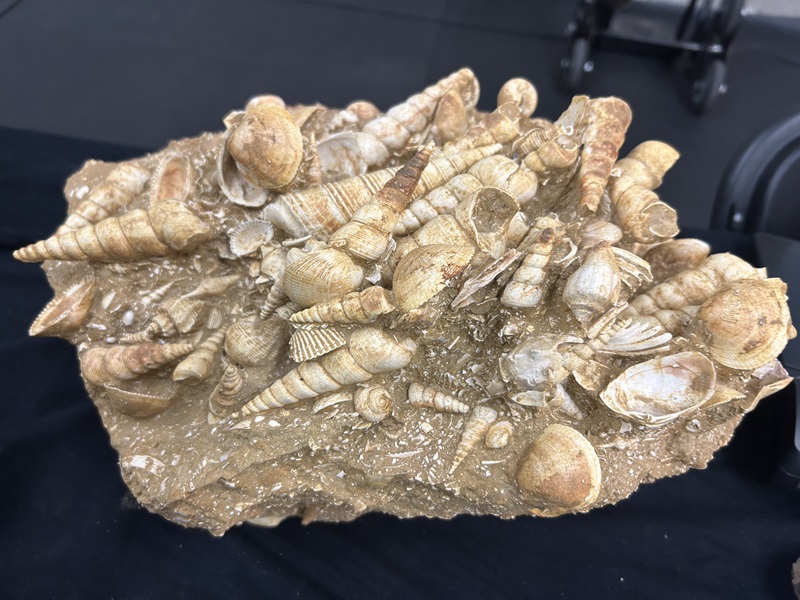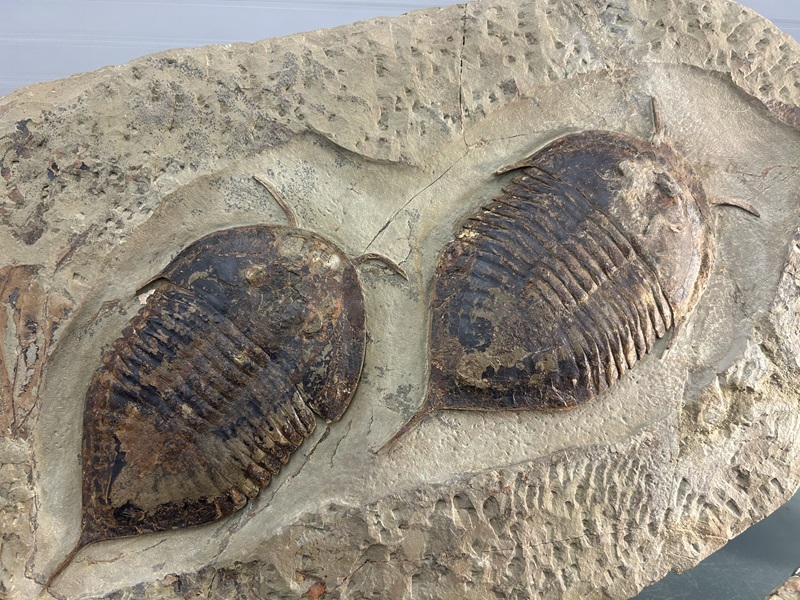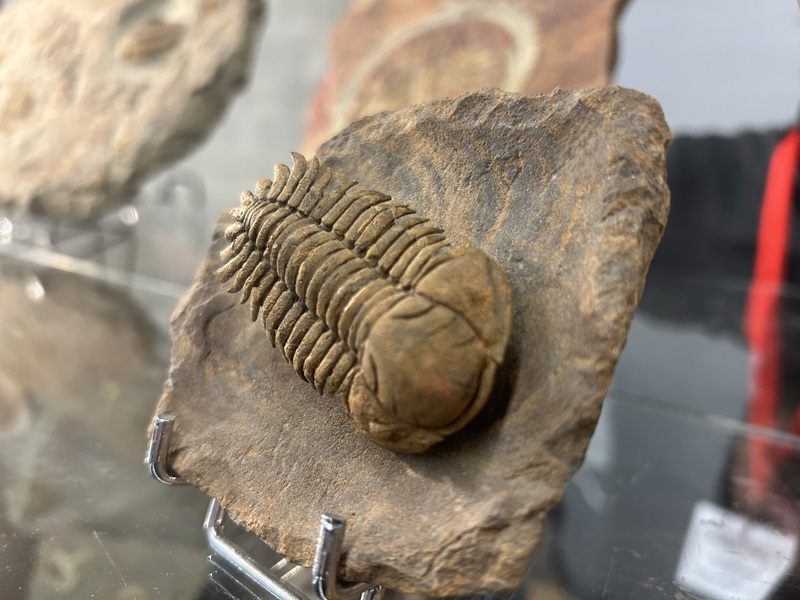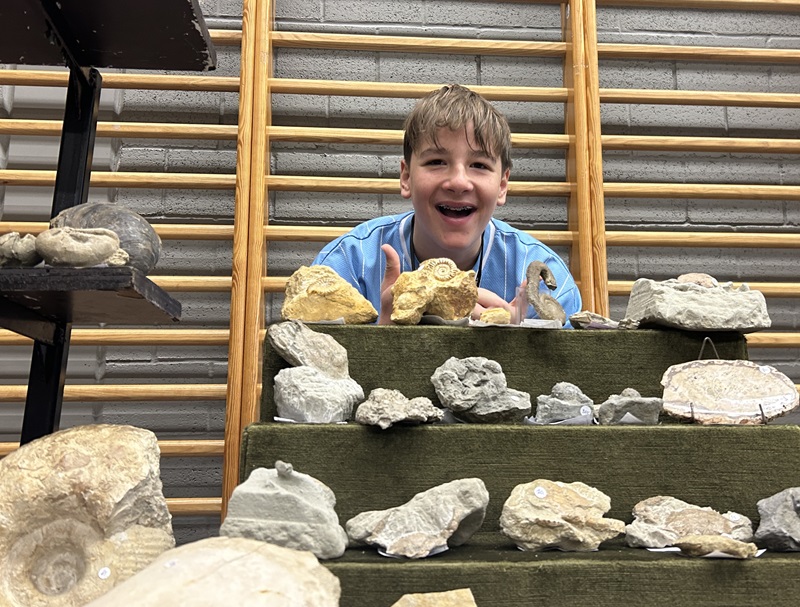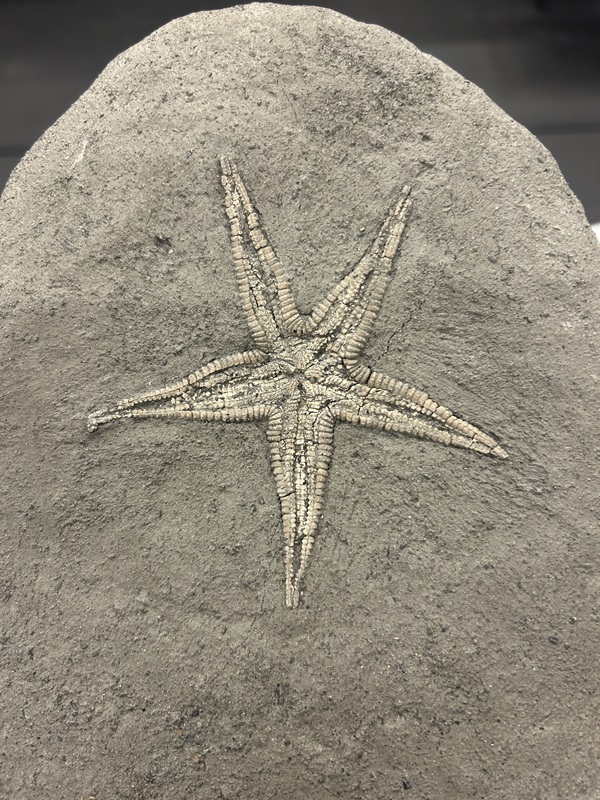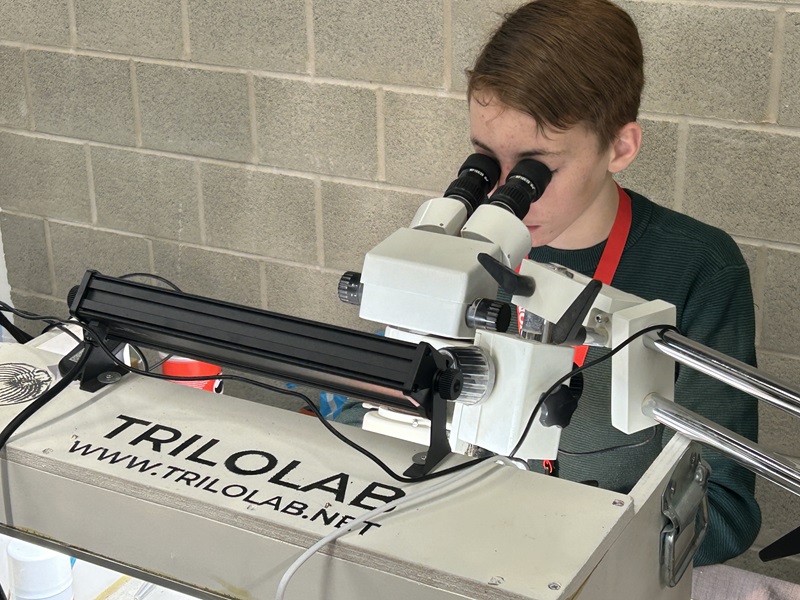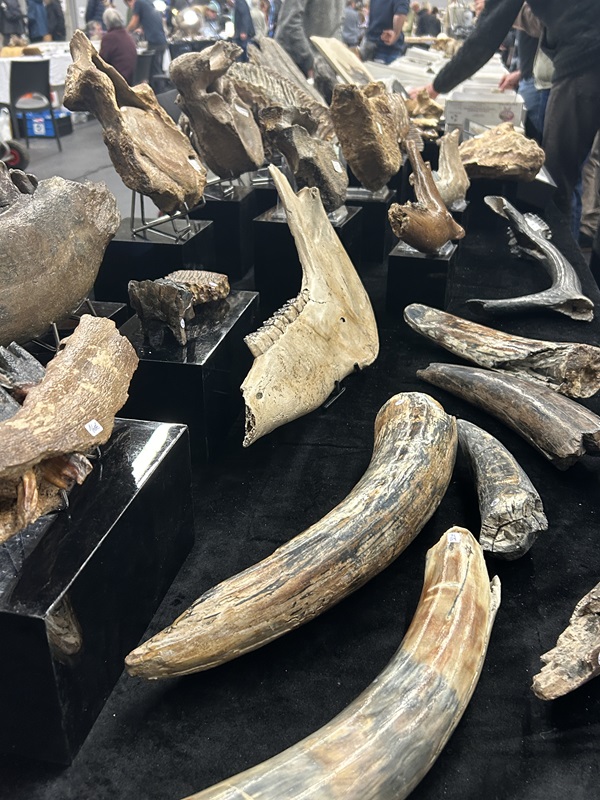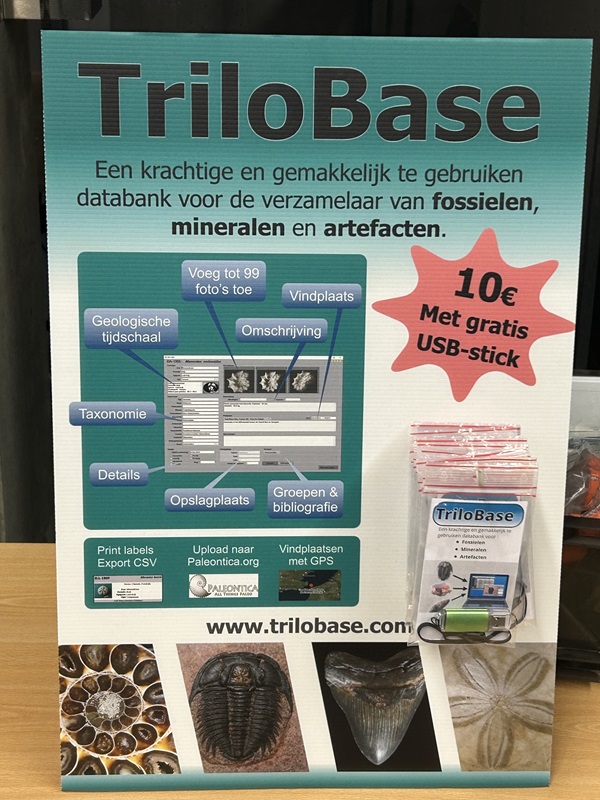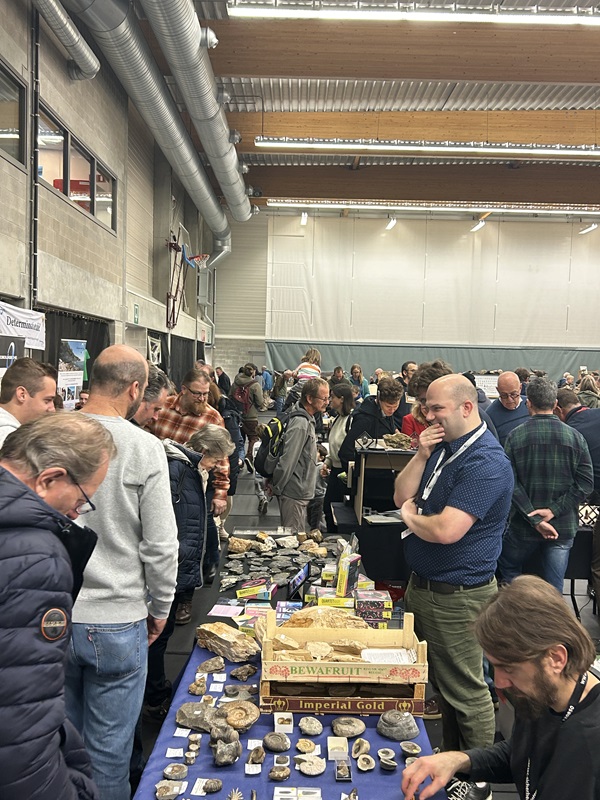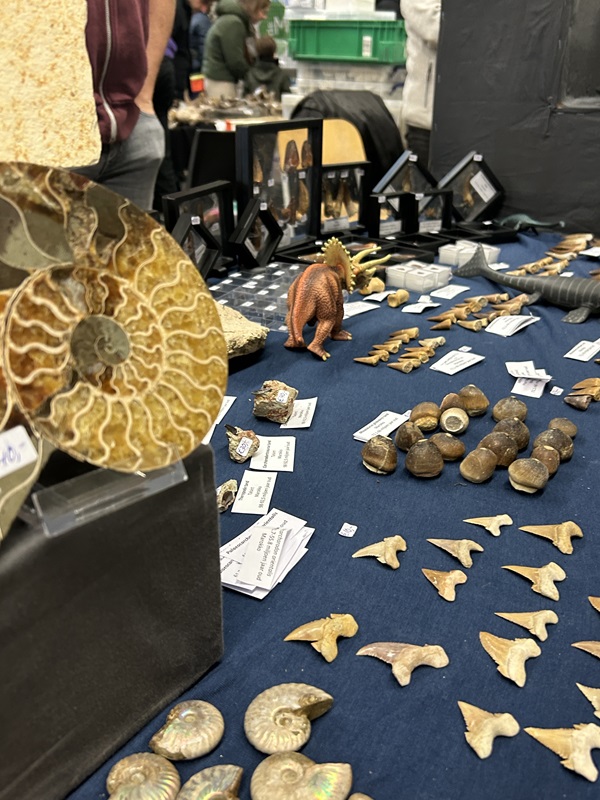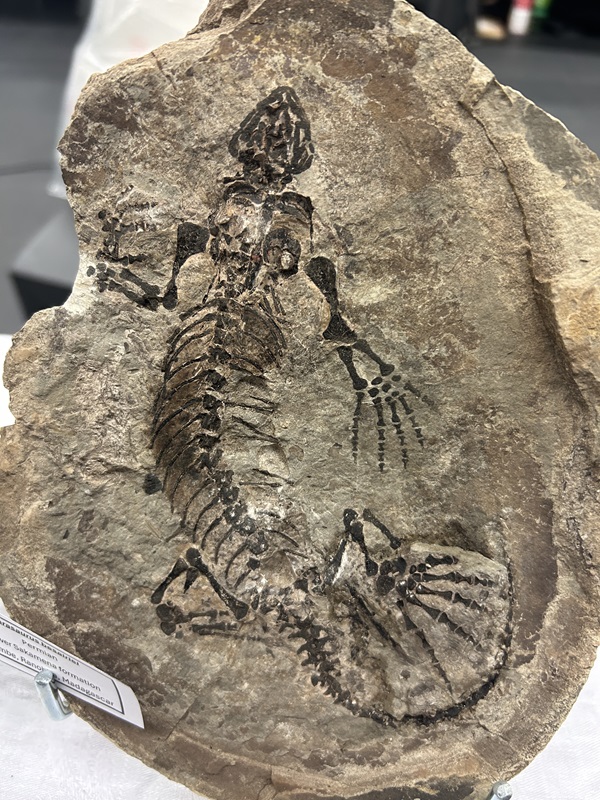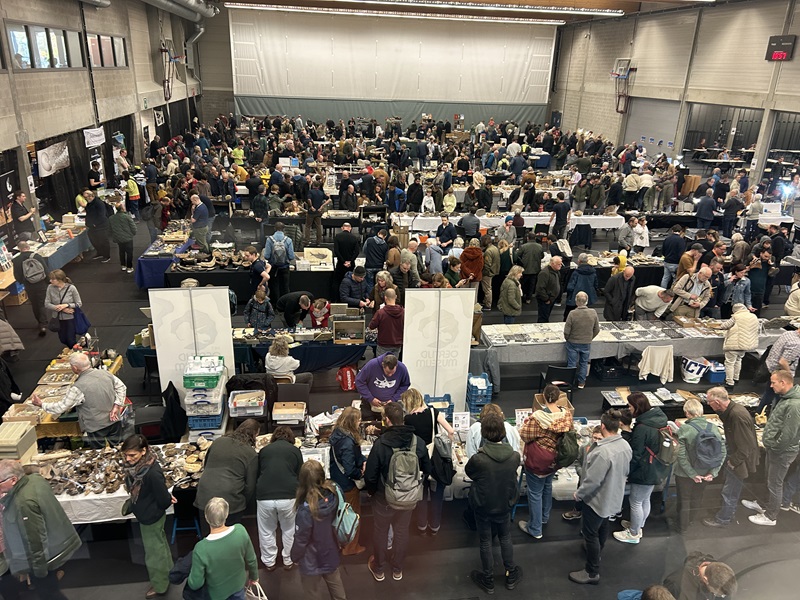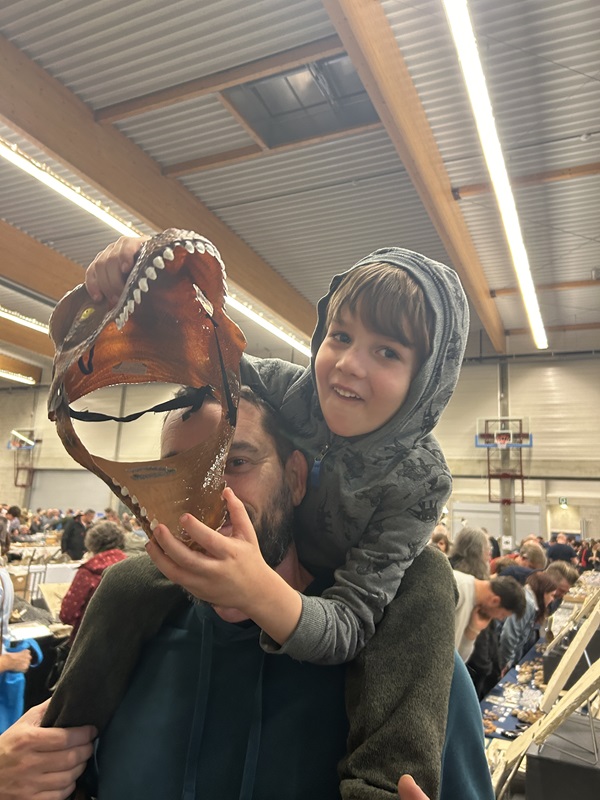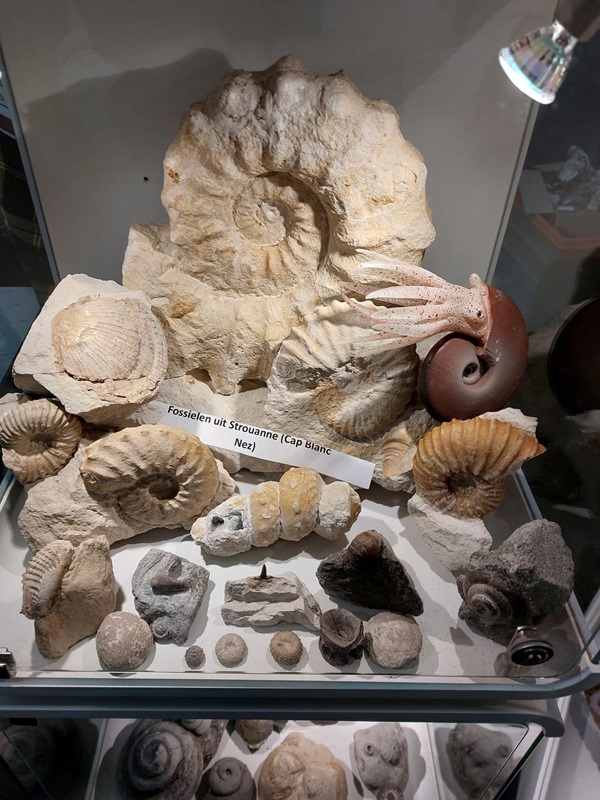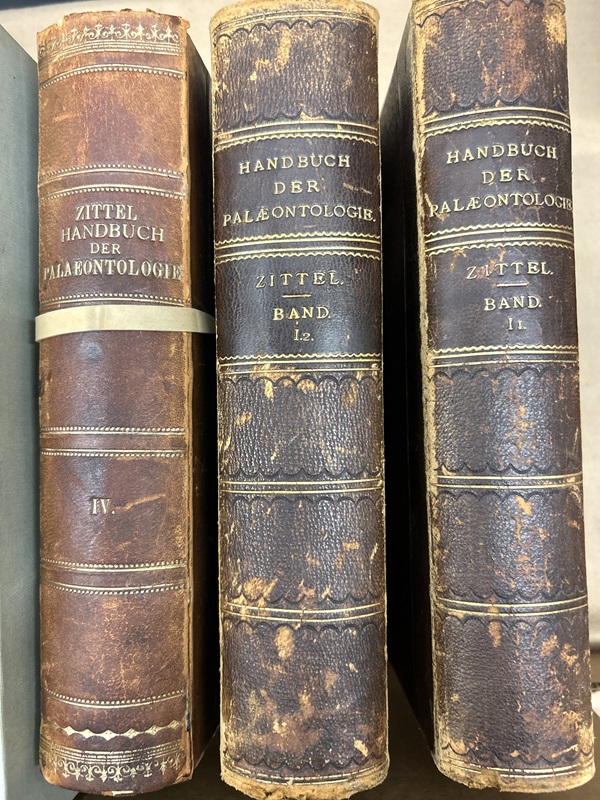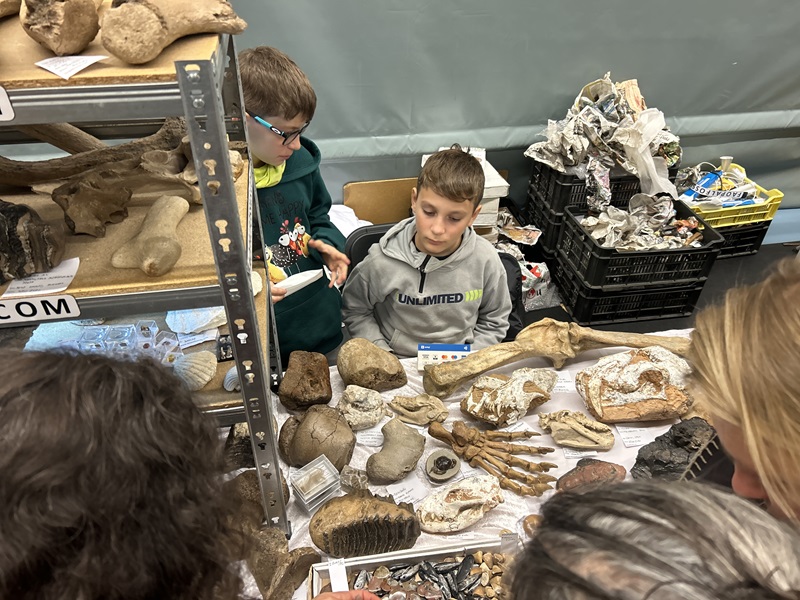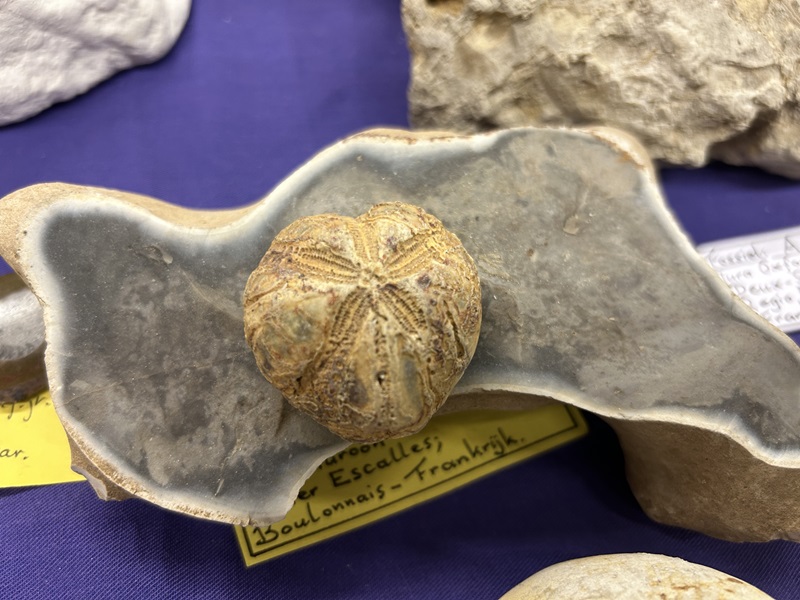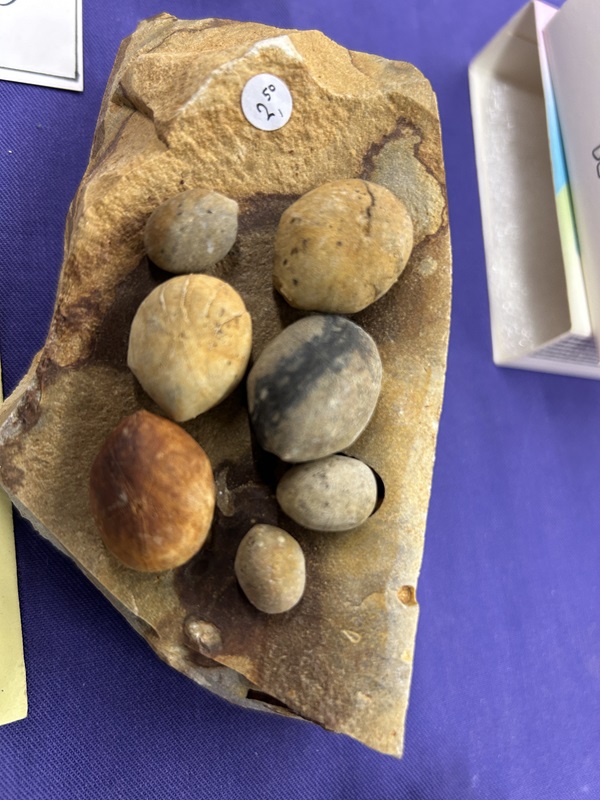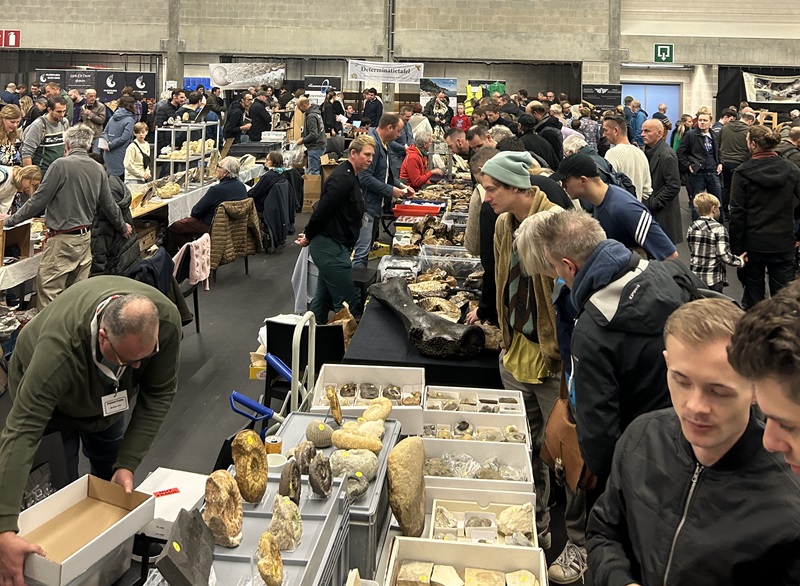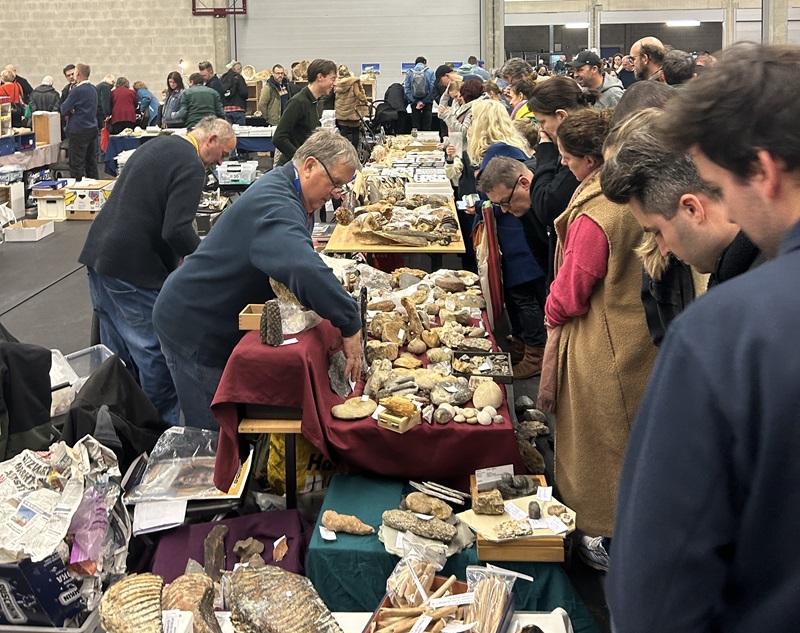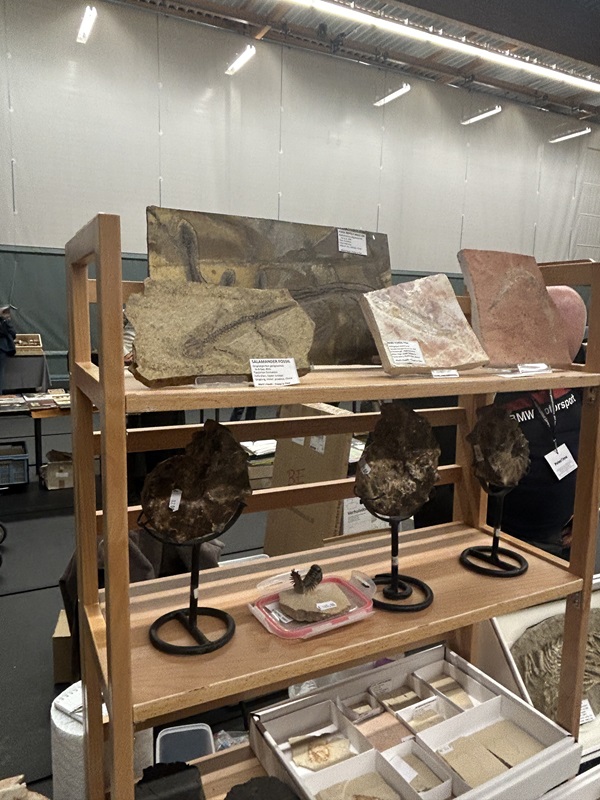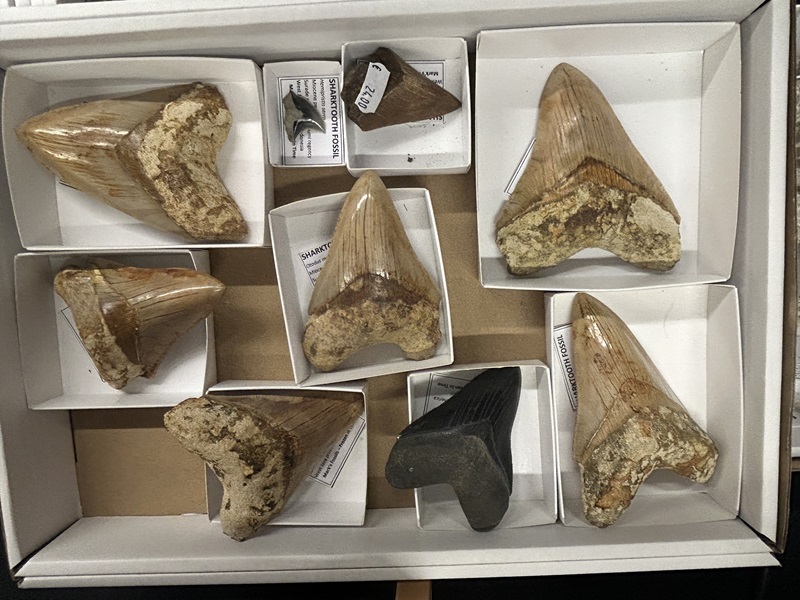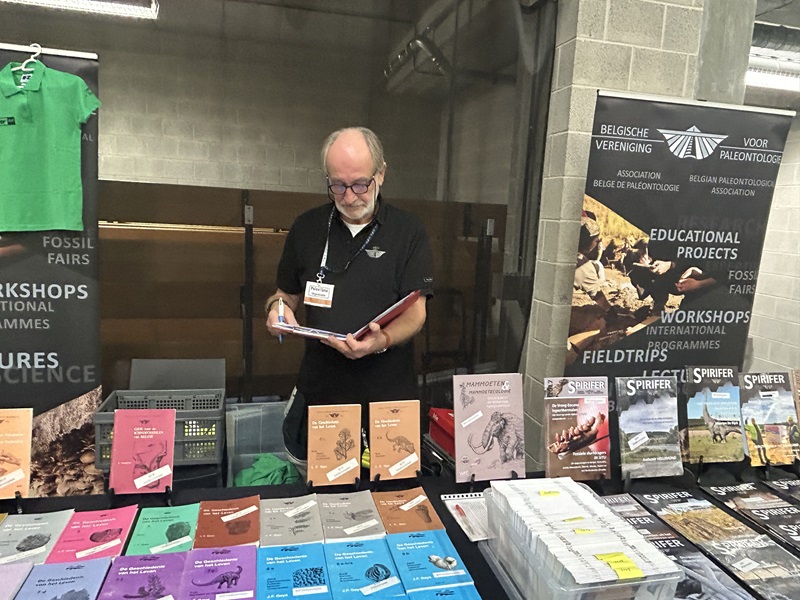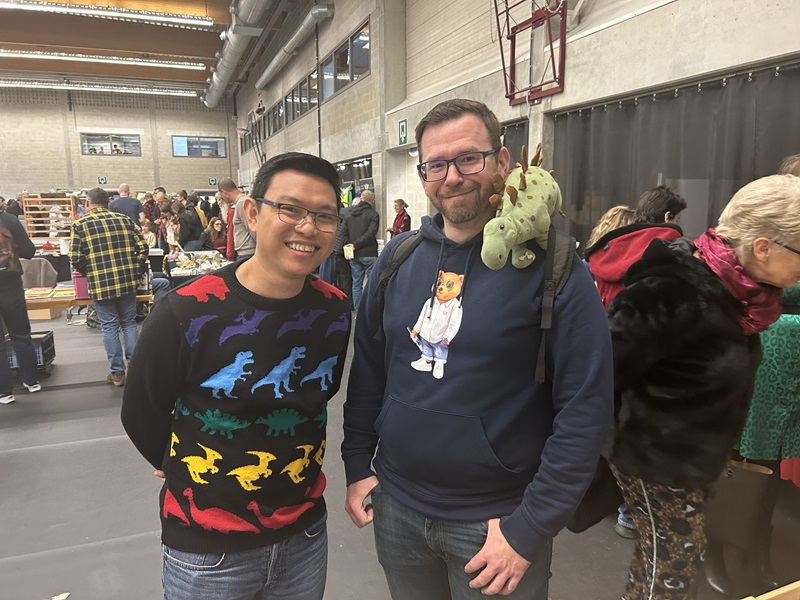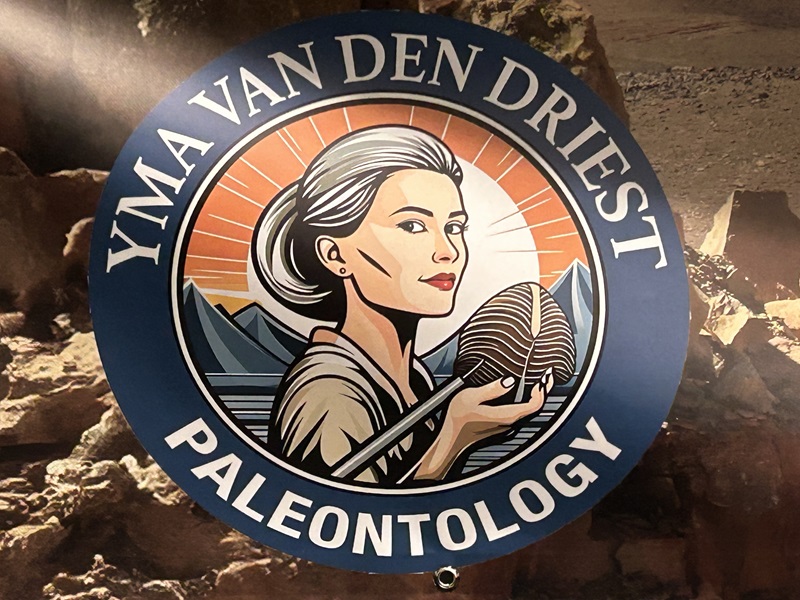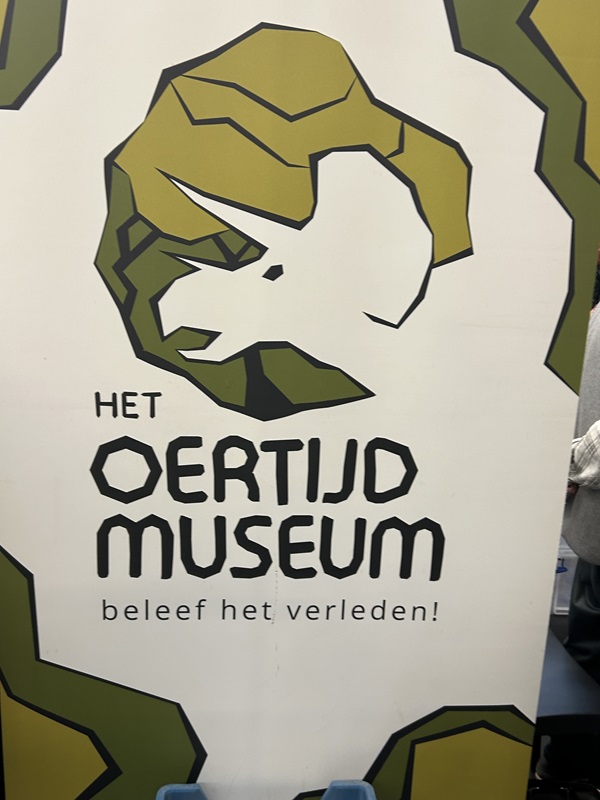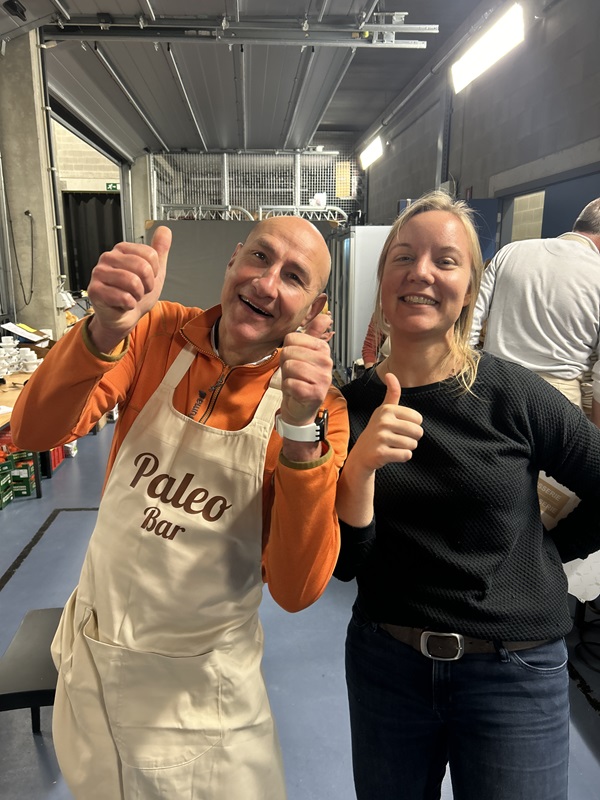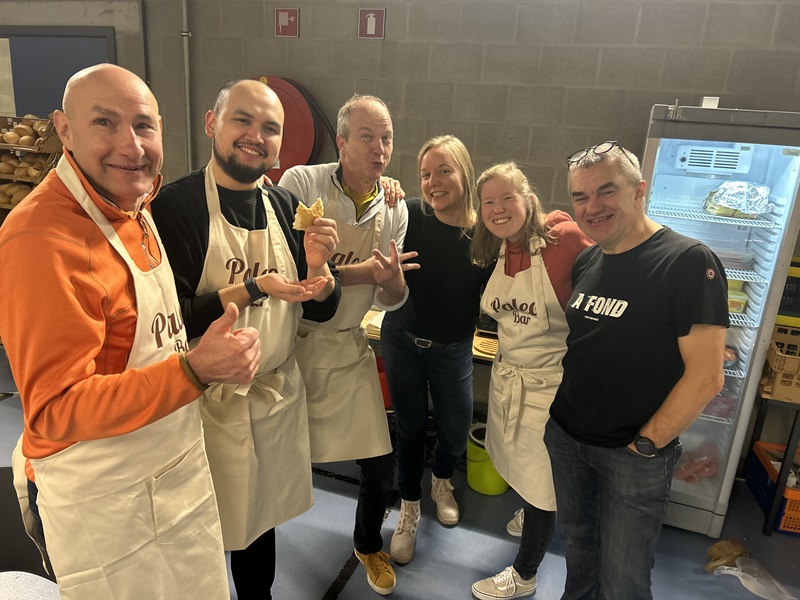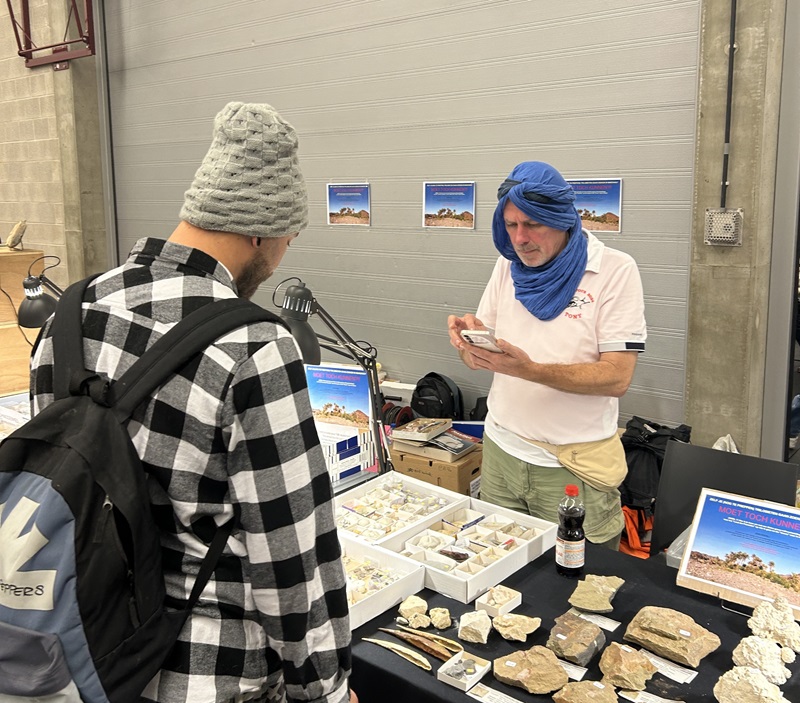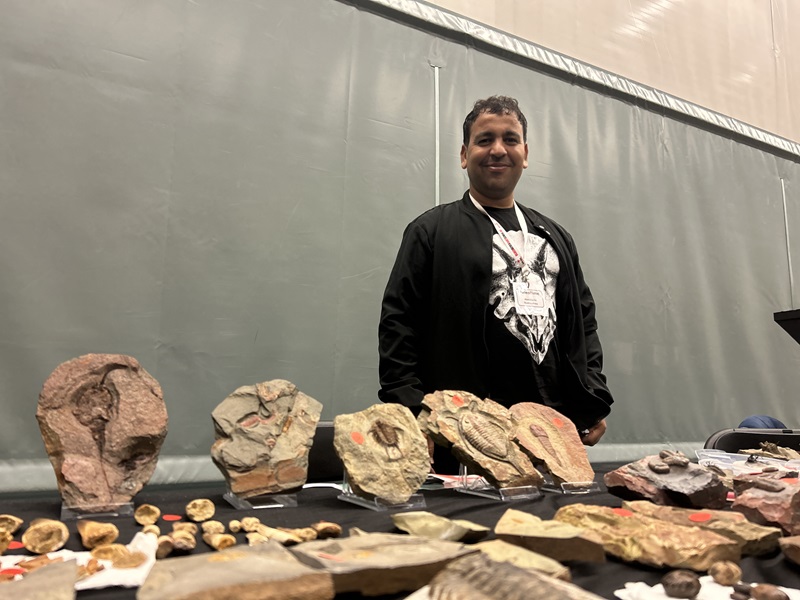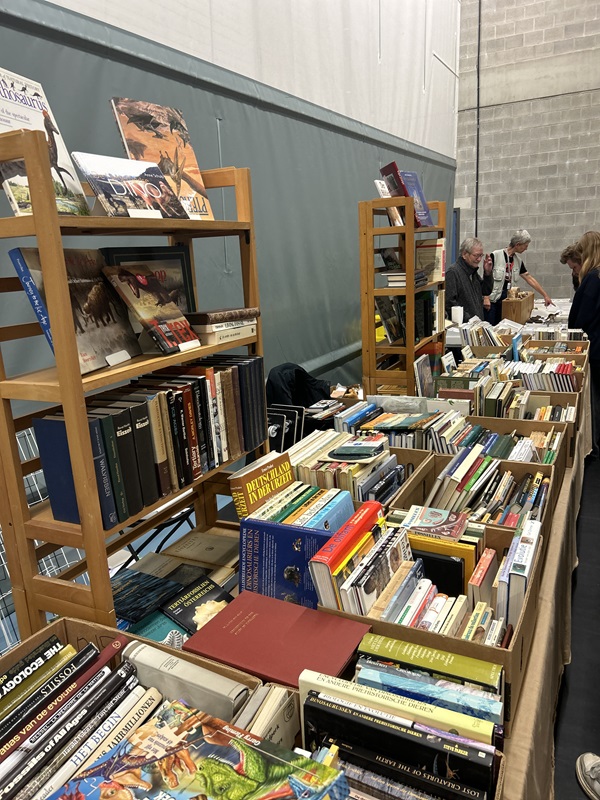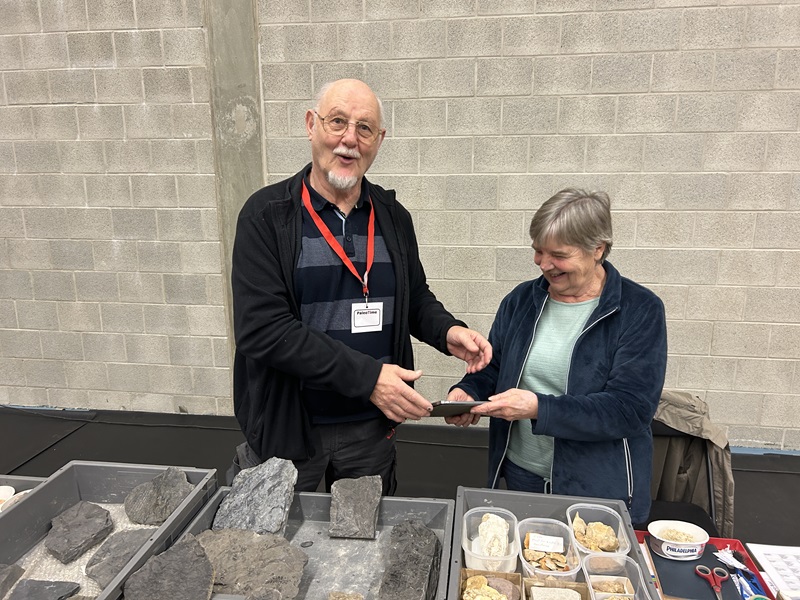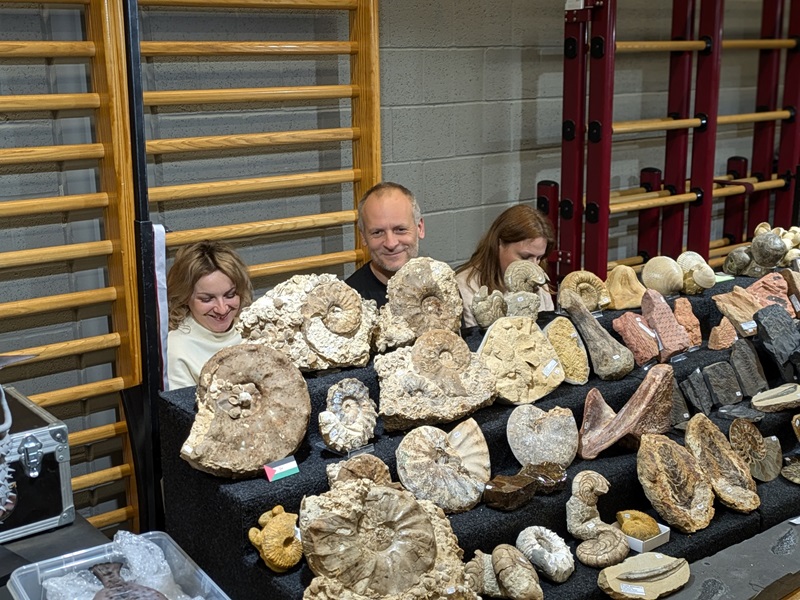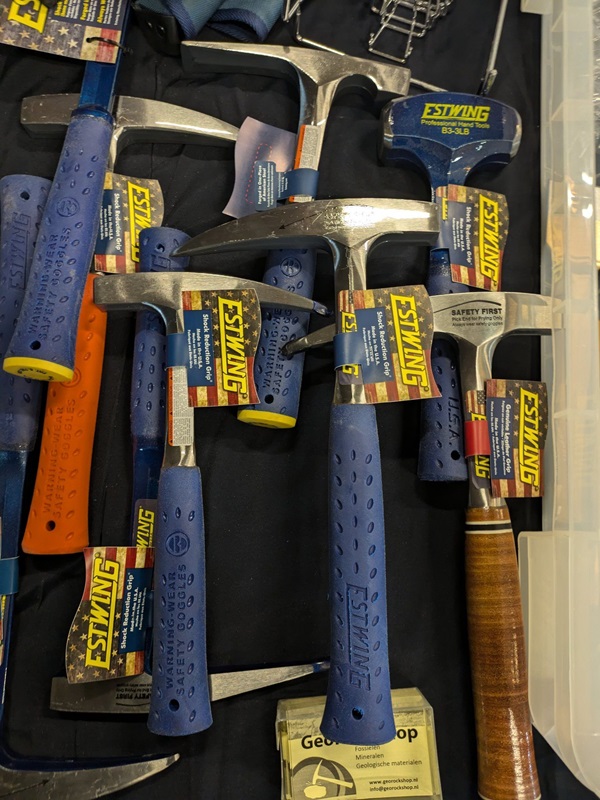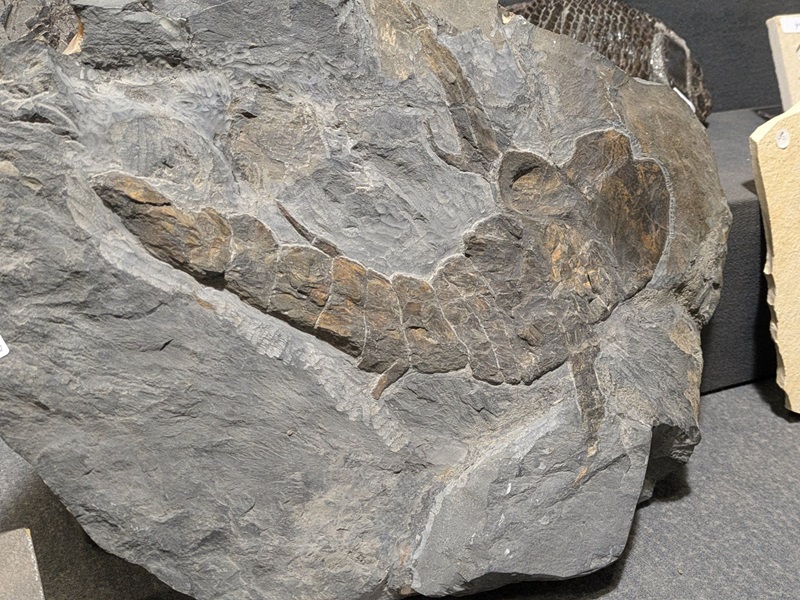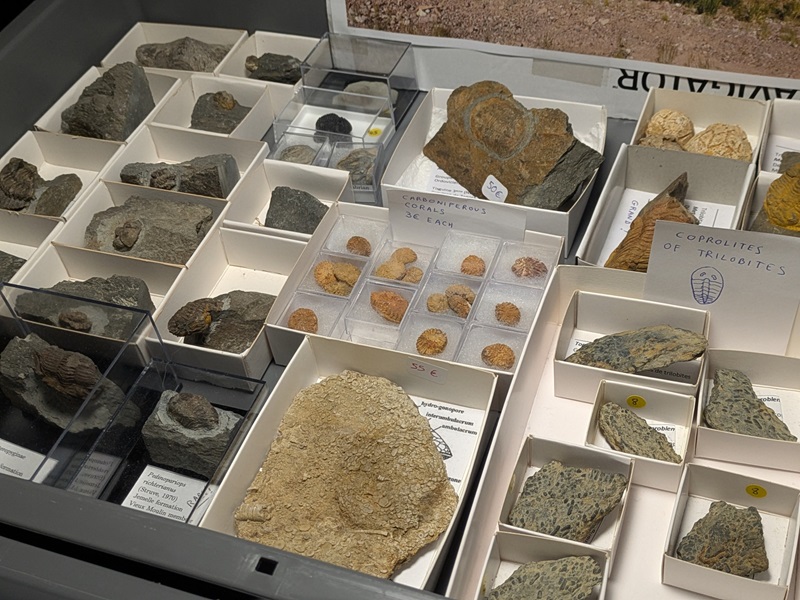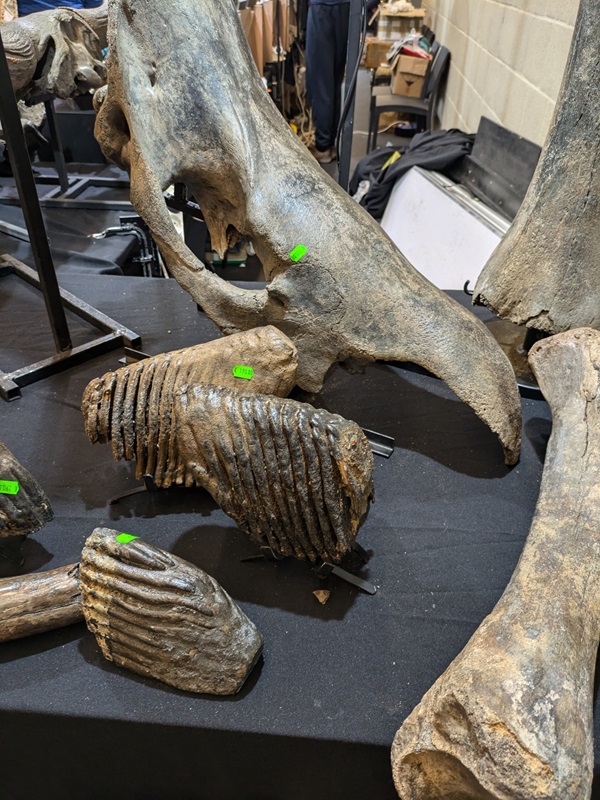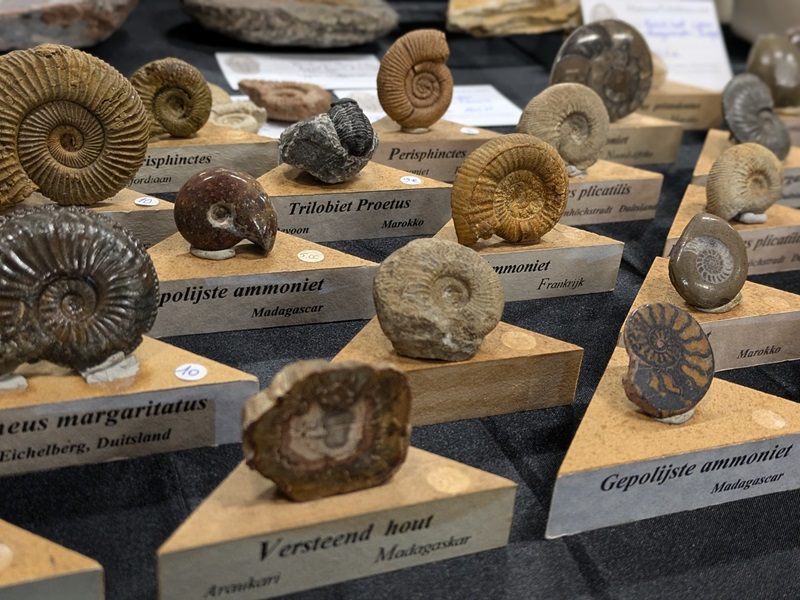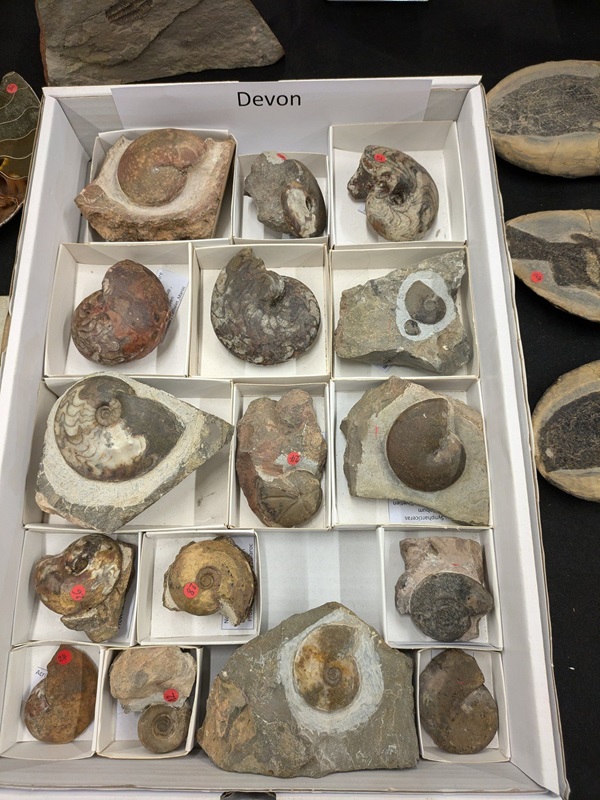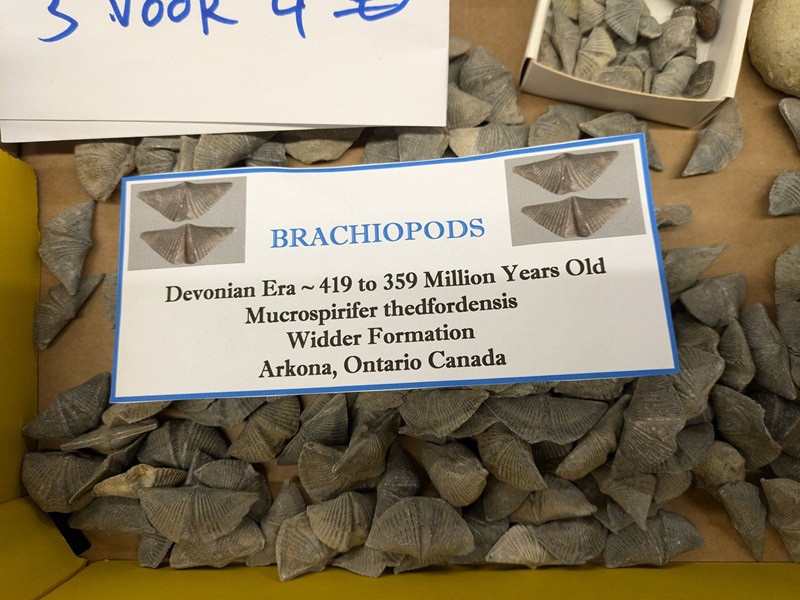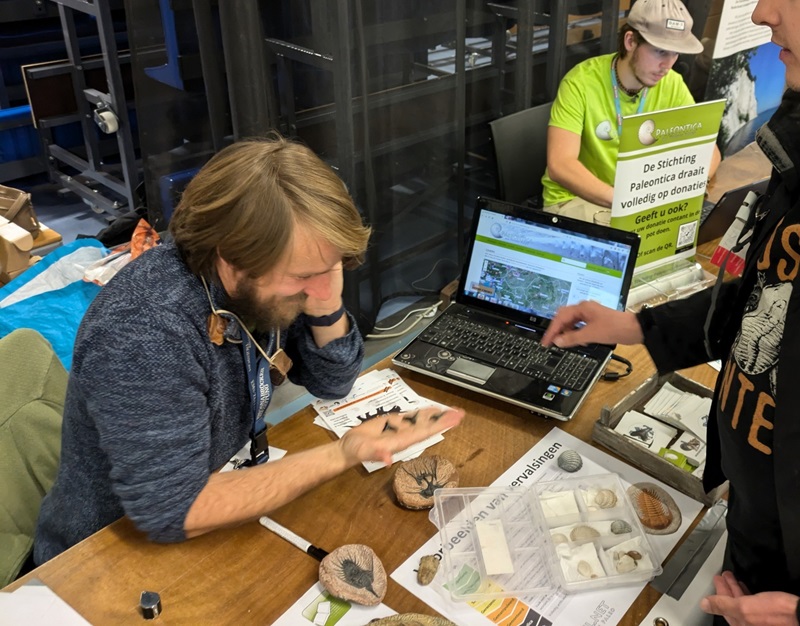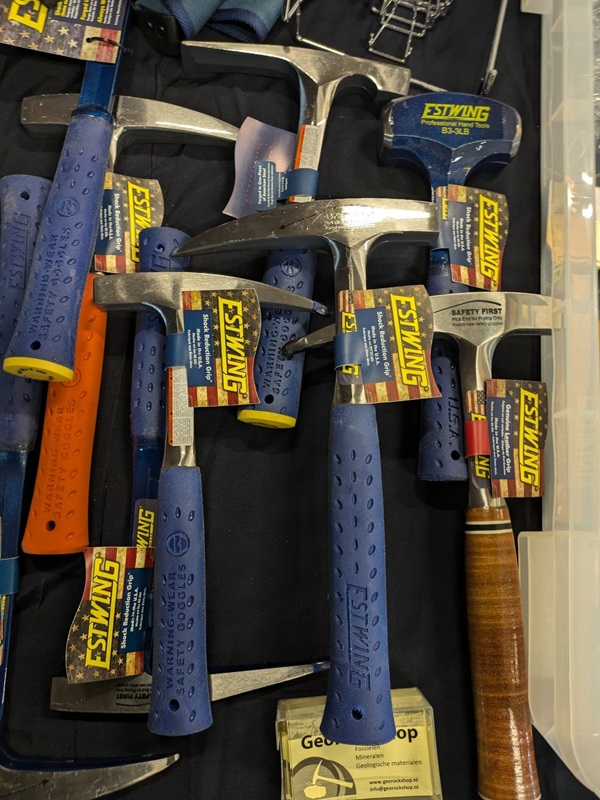
PaleoTime-Be
International Fossil Fair
Sunday, 16th November 2025
VTC De Mixx
2230 Herselt, Belgium
Free entrance
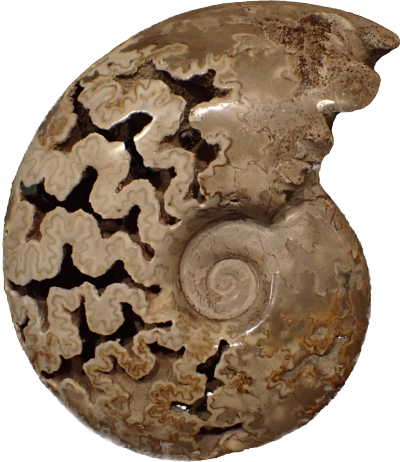
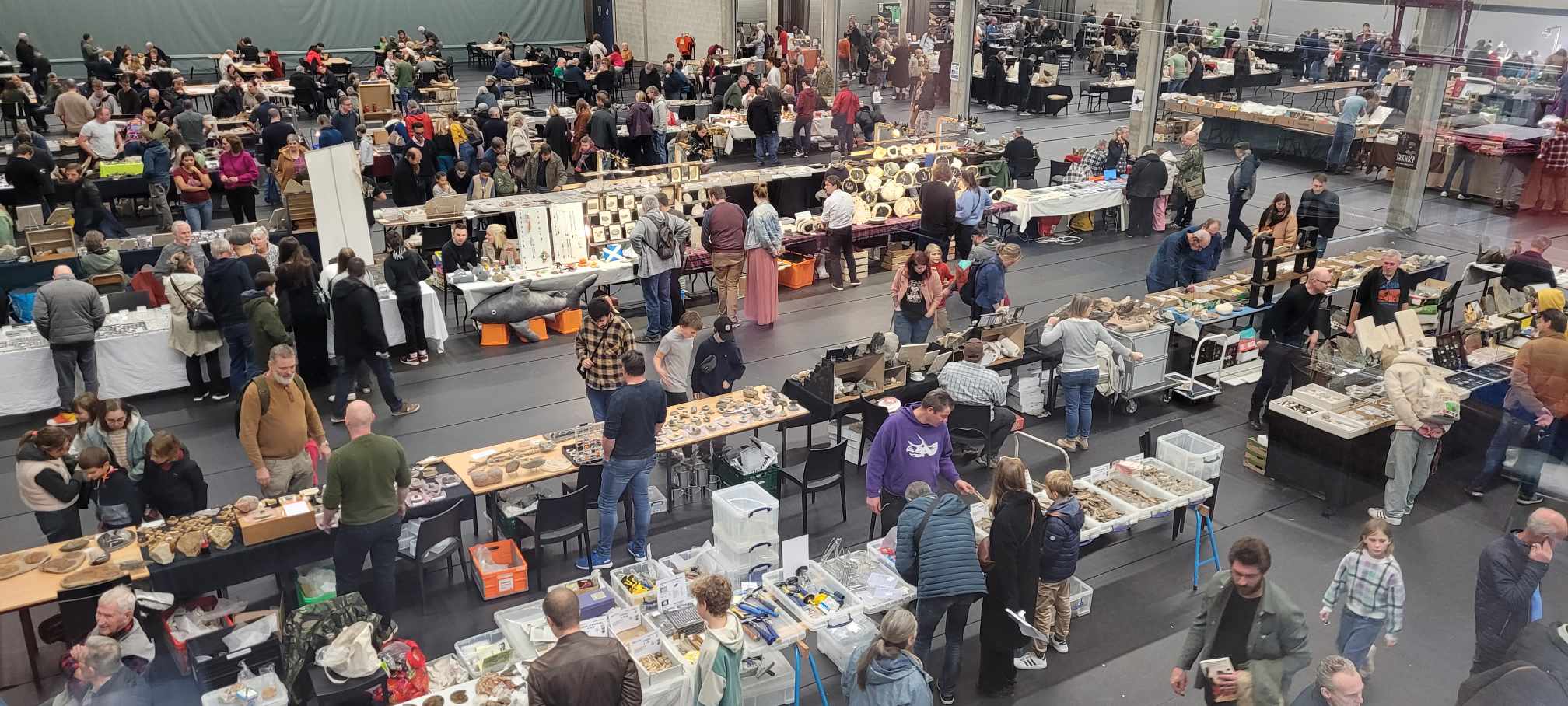
About us
Our first fossil fair in Belgium took place in 2011.
The aim was to bring together fossil enthusiasts from all over the country.
We do have some strict rules: only fossils and related material are allowed. Fakes, material from protected areas, minerals, jewellery,
corals, shells, etc. are strictly forbidden.
This approach proved very successful and soon we had to move to bigger locations.
In 2016, the first PaleoTime edition was organised in the Netherlands. Since then, we have used the names "PaleoTime-Be" and "PaleoTime-NL".
Since 2019, we have been hosted at the leisure centre "De MIXX" in Herselt.
VTC "De MIXX"
Asbroek 1a, 2230 HERSELT, Belgium
Sunday, 16th November 2025
from 10h00 till 17h00.
Free entrance.
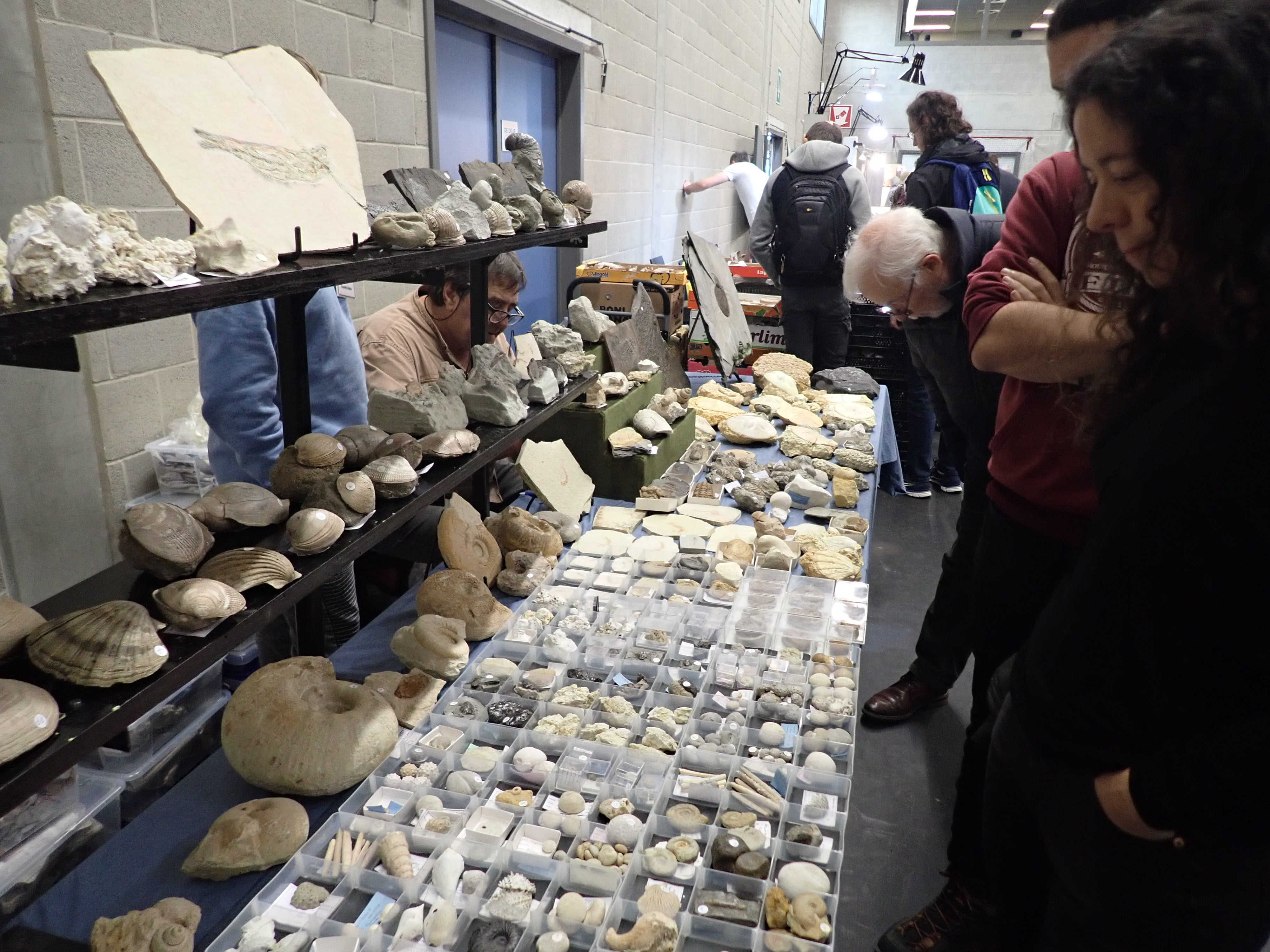
Fossil Fair
Welcome to Paleotime, Belgium's largest fossil fair.
Feel free to browse among the thousands of fossils on display. Don't hesitate to talk to the stallholders, they will be happy to provide explanations about the material they have brought along.
- Exhibitors from Belgium, the Netherlands, France, Germany, Hungary, Poland, Morocco,...
- Fossils from all over the world.
- Both buying and trading are possible.
- Favourable prices. You can buy a beautiful fossil for just a few euros.
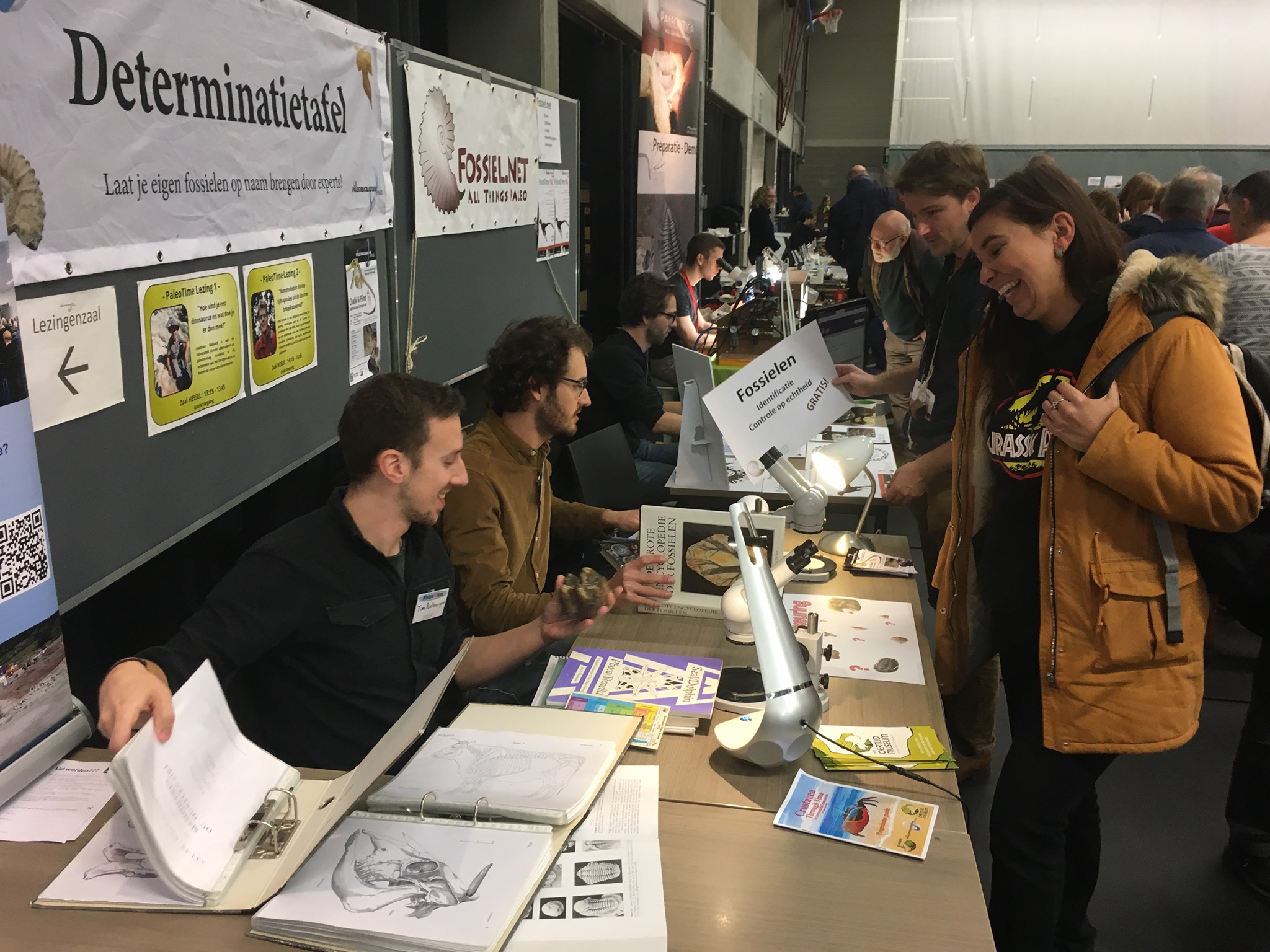
Determination table.
All day long, a team of experts will be on hand to identify your finds.
You can visit the determination table of the Paleobiologische Kring or one of the present associations.
Sometimes you cannot identify a fossil. Or you have doubts about the authenticity of a fossil.
Our experienced experts will carefully study the pieces you bring with you.
Most likely, they will be able to help you, but if they cannot answer your question, they will refer you to the right people or institutions.
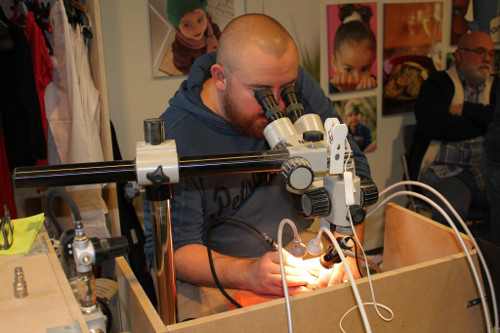
Preparation demo
Fossils are rarely found "ready-made". Most of the time, they have to be liberated from the rock. Sometimes conservation or reinforcement operations have to be have to be carried out.
Our Trilolab technicians will give on-site preparation demonstrations. They will show which materials are needed to extract fossils from (hard) rocks.
Patience, a steady hand and a good dose of perseverance are essential.
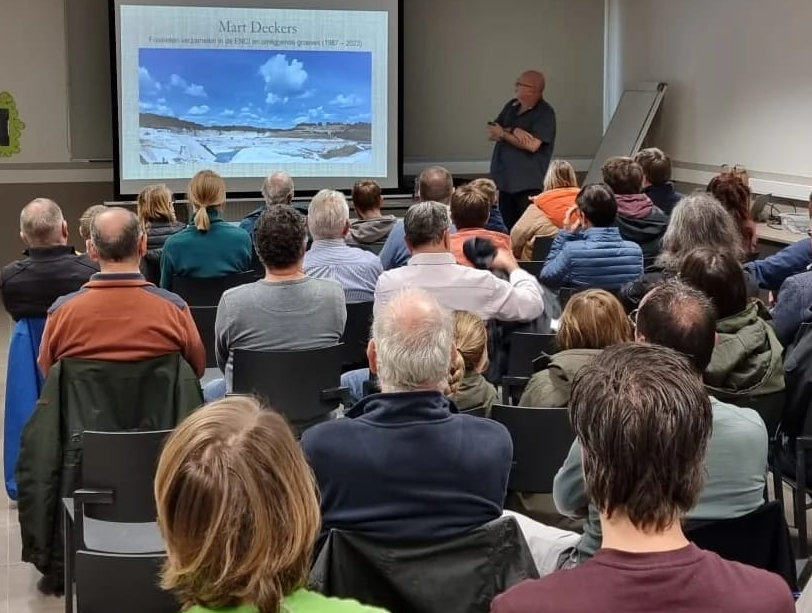
The PaleoTime Lectures
The PaleoTime Lectures are best described as short (30 min) powerful and above all engaging lectures on an active scientific topic delivered by well-spoken scientists and/or citizen-scientists and at a very understandable level.
- Popular-scientific lectures understandable to all.
- By experts in their field.
- With opportunity to ask questions.
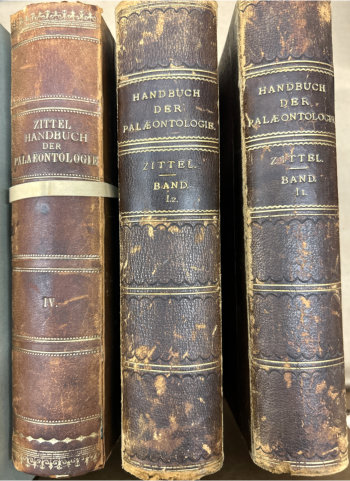
Literature & Antiquarian Books
PaleoTime offers a particularly wide range of scientific and vulgarising literature. Several exhibitors are established names in the world of old and antiquarian books.
Grab your chance to get your hands on that rare publication.

Geological equipment
Preparation materials, magnifying glasses, hammers, chisels, storage boxes, stands, ...
PaleoTime has it all!
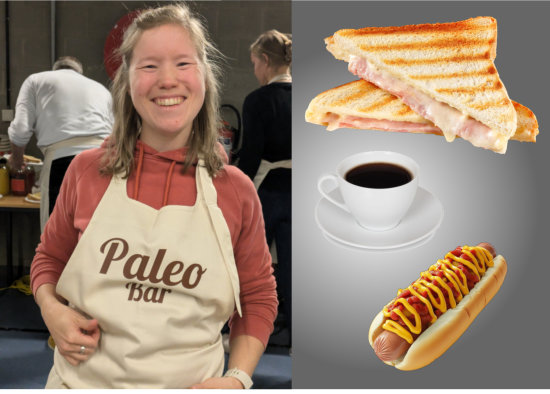
The "Paleo Bar" and children's table
Support the organisation and visit the cafeteria on the exhibition floor. You will find coffee, soft drinks, tasty beers and sandwiches.
From noon, the famous croques (sandwiches) and hot-dogs with mustard and sauerkraut will be prepared.
While you chat and check out your latest purchases, the little ones can have fun at the cutting, colouring and pasting table.
Photos
Fossils
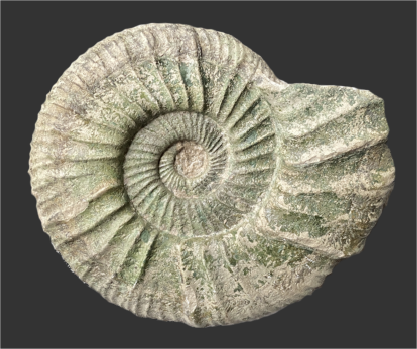
Ammonites
Ammonites are among the favourites of many fossil collectors. They come in many shapes and types. Sometimes smooth and sleek. Sometimes with ridges, bumps and spines. They die out at the end of the Cretaceous period.
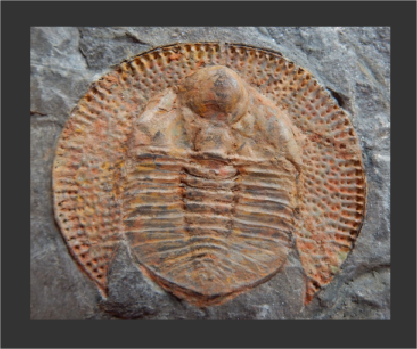
Trilobites
From the Cambrian onwards, these were the rulers of the seas. These fascinating creatures conquered all niches, from the shallow coast to the dark deep sea. Fortunately, they regularly shed so that we now frequently find their external skeletons.
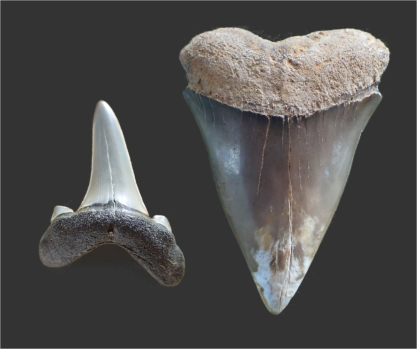
Shark teeth
Did you know that sharks are constantly changing their teeth? Some species produce up to 30,000 teeth during their lifetime. Very fine specimens are found in our country.
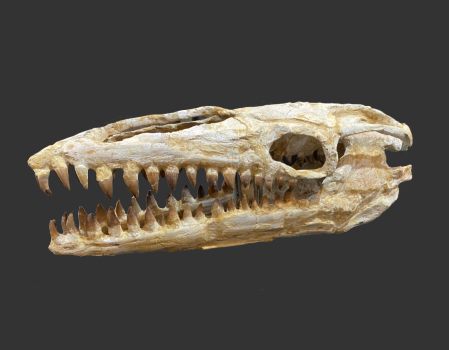
Dinosaurs
You won't find a T-Rex at Paleotime. But you are bound to come across dinosaur teeth, bones, and vertebrae at several exhibitors.
Dinosaurs did not all die during the meteorite impact at the end of the Cretaceous period. Their descendants, today's birds, are still alive today.
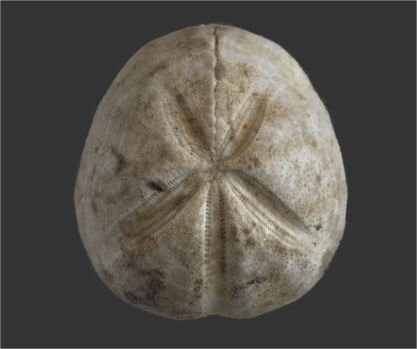
Echinoderms
Typical of this group is the five-radial radial symmetry of the body. Their skeleton is composed of calcareous plates that have fused into a hard shell. in fossil sea urchins, the spines have (usually) disappeared and only the skeleton remains.
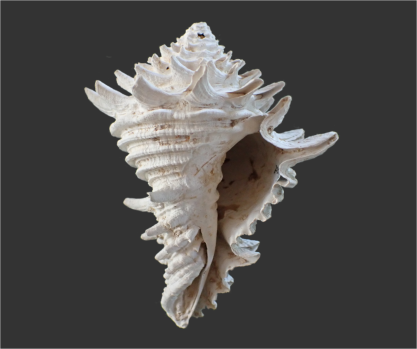
Shells
We find shells en masse on the beach. But did you know that they have been around since the Cambrian. You can find shells (bivalves, molluscs, brachiopods) in every geological epoch.
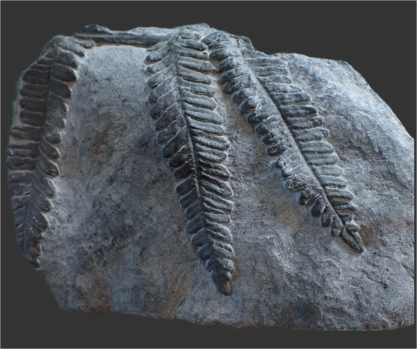
Plants
At school, we learned about the coal basins in our subsoil. Coal was used as fuel and was created from the remains of the giant coal forests.
When scouring the old slag heaps and slag heaps, you can still find beautiful plant imprints today.
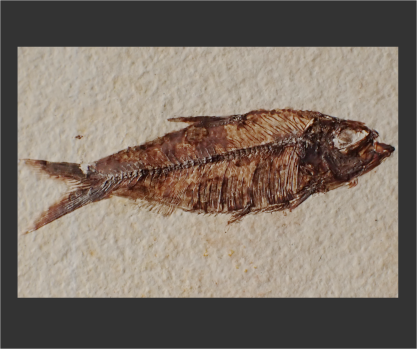
Fish
The famous 'plattenkalks' of Germany, America, Italy, Lebanon, ... yield very nice fossils. Especially the beautiful prints of fish are coveted collectibles.
If you want to look for fish yourself, it is best to visit visitor quarries near Solnhofen (Germany).
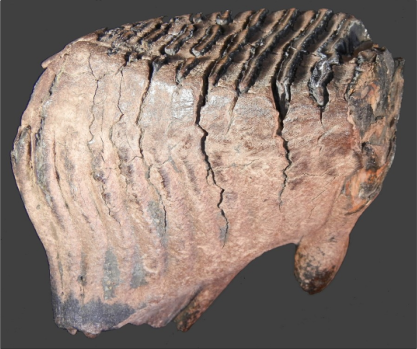
Ice age fossils
During the ice ages, mammoths, woolly rhinos, giant deer and bison roamed our regions. In sand excavations (e.g. Maasvlakte) you may be lucky enough to pick up a mammoth tooth or a bone (fragment).
Fishermen also regularly catch bones in their nets.
Participating associations
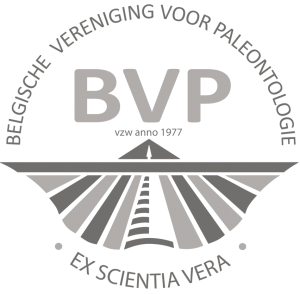
BVP
De Belgische Vereniging voor Paleontologie organiseert lezingen, excursies en publiceert tijdschriften en boeken.
Meer info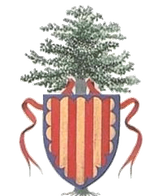
Erfgoedcel Herselt
Erfgoedcel Herselt is de gastheer voor de PaleoTime fossielenbeurs. Zij zetten zich in voor het behoud, de studie en de promotie van het lokale erfgoed. Ook een mooie fossielencollectie van de kleiputten van Ramsel valt onder hun hoede.
Meer info
HONA vzw
De natuurvereniging HONA is er al van het prille begin bij. Naast het uitgeven van een tijdschrift worden er ook natuurwandelingen en geologische excursies georganiseerd.
Meer infoKULeuven - Afdeling Geologie
Geologie studeren? Dat kan in Leuven!
De aanwezige studenten zullen met plezier al je vragen beantwoorden.
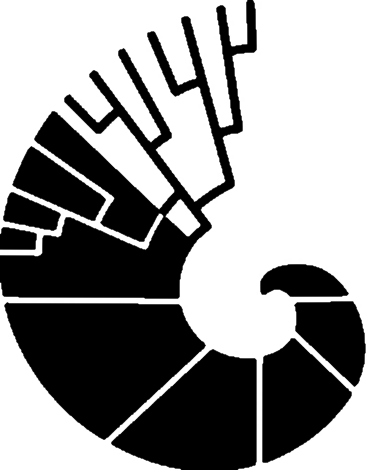
Palaeontologica Belgica
Palaeontologica Belgica is een wetenschappelijk onderzoeksinstelling die aktief de Belgische paleontologie promoot en ondersteunt.
Zij kennen ieder jaar de "Louis De Pauw" en de "Palaeontologica Belgica" awards toe aan verdienstelijke (burger)wetenschappers.
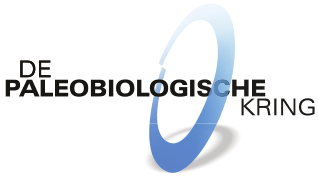
PaleoBiologische Kring
Wij zijn een platform voor wetenschappers, studenten en serieuze amateurs/verzamelaars. Gedurende het jaar organiseren wij binnen- en buitenlandse excursies, symposia en fossielenbeurzen in Nederland en België.
Meer info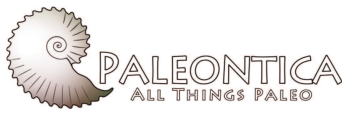
Stichting Paleontica
Paleontica is er ook al van het prille begin bij. Deze stichting heeft als doel informatie over geologie en fossielen op te bouwen en beschikbaar maken voor het grote publiek.
Zij beheert tevens een populaire website en webforum en sinds 2016 is zij de drijvende kracht achter PaleoTime-NL.

Trilolab
Trilolab is gespecialiseerd in het zoeken, prepareren en bestuderen van trilobieten uit het Devoon. Hun professioneel geprepareerde specimen worden vervolgens gebruikt voor wetenschappelijk onderzoek.
Op PaleoTime stellen zij hun ervaring graag ten dienste van zowel de beginnende als de gevorderde preparator.

WTKG
De "Werkgroep voor Tertiaire en Kwartaire Geologie (WTKG)" is dé vereniging voor iedereen die zich verdiept in de geologie van het Tertiair en het Kwartair.
Met de uitgifte van 2 tijdschriften, het organiseren van excursies en bijeenkomsten brengen zij een positieve bijdrage tot de kennis van de
Tertiare en Kwartaire tijdvakken (samen tegenwoordig het Cenozoicum genoemd).
Frequently asked questions (FAQ)
What is PaleoTime?
PaleoTime is the biggest palaeontological event in Belgium and the Netherlands. There is the fossil fair where you can buy fossils, books and material. There are information stands from various associations and institutions.
Lectures are organised. You can have your fossil(s) identified.
PaleoTime is there for everyone with a fascination for fossils.
What is a fossil?
Fossils are remains of plants or animals preserved in the earth's soil that are at least 10,000 years old.
If you found a Roman skeleton while digging in your garden, it is not a fossil (younger than 10,000 years), but it is an archaeological find.
However, if you have found an Ice Age mammoth (older than 10,000 years), then you have a real fossil.
Is PaleoTime-Be really completely free?
Yes, admission and parking are absolutely free.
To support the organisation, you can always order a drink and/or snack in our cafeteria.
Where can I park?
On the site of the leisure centre "De Mixx" there are lots of parking spaces.
We expect many visitors, so it may be temporarily crowded. Beyond the football pitches, there are also additional parking spaces.
We do advise visitors to drive together as much as possible (carpooling).
If the car park is completely full, you can park in Herselt itself. The centre of Herselt is only 700m from "De Mixx".
Is there an ATM nearby?
There is no ATM machine in the building. Small amounts can be withdrawn electronically at the PaleoTime cafeteria (Paleo-Bar).
For larger amounts, you can go to the cash point in the municipality of Herselt (at 700 m).

